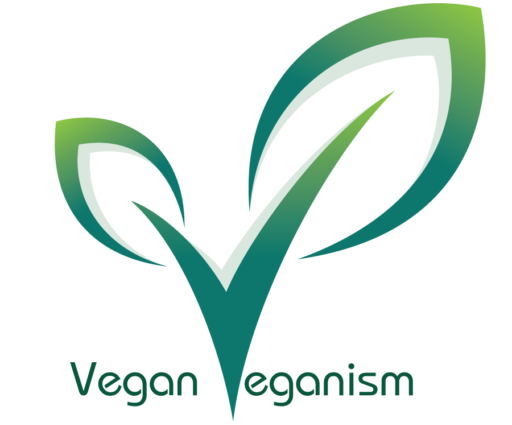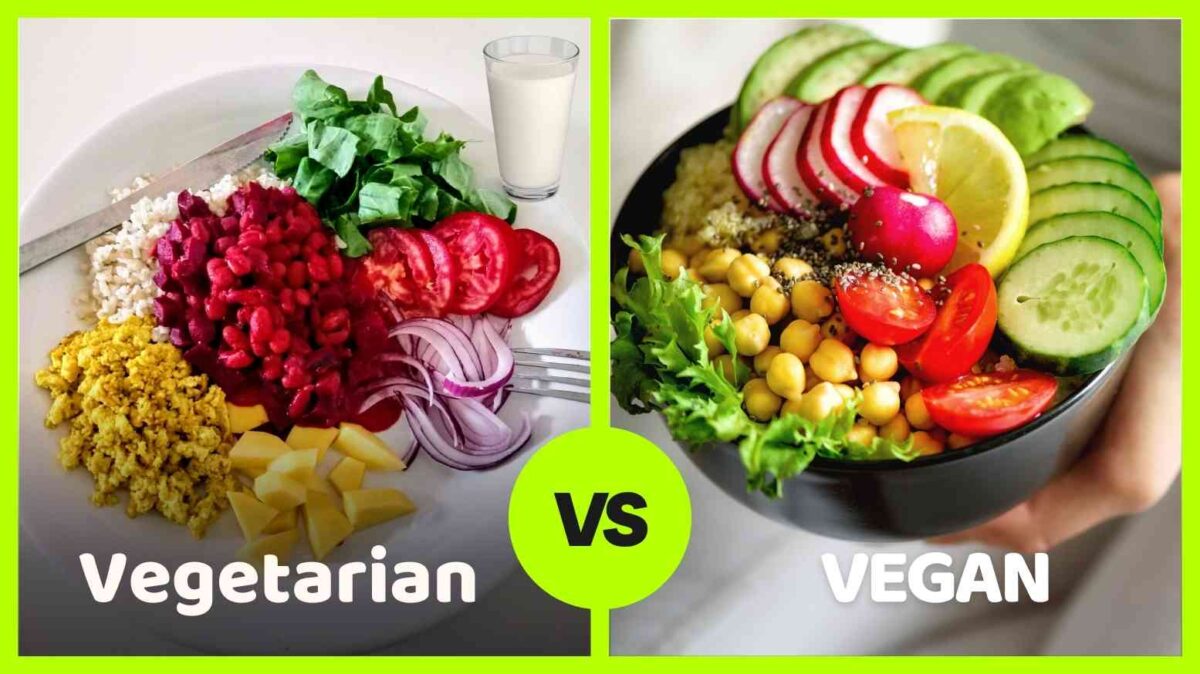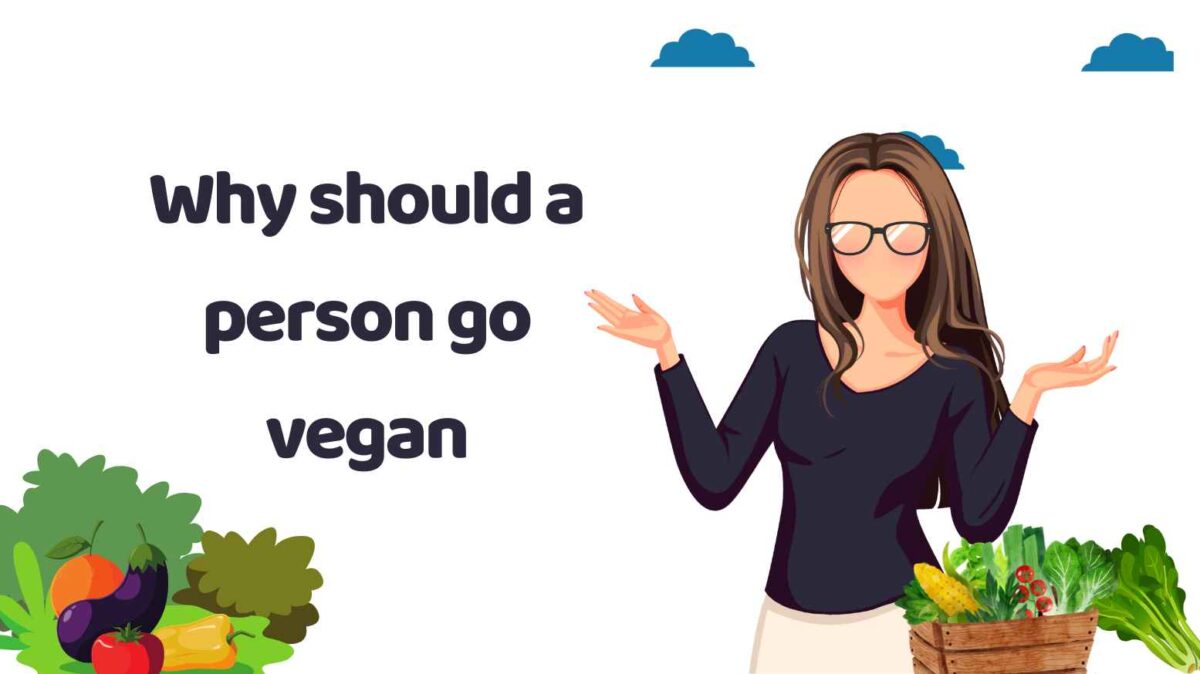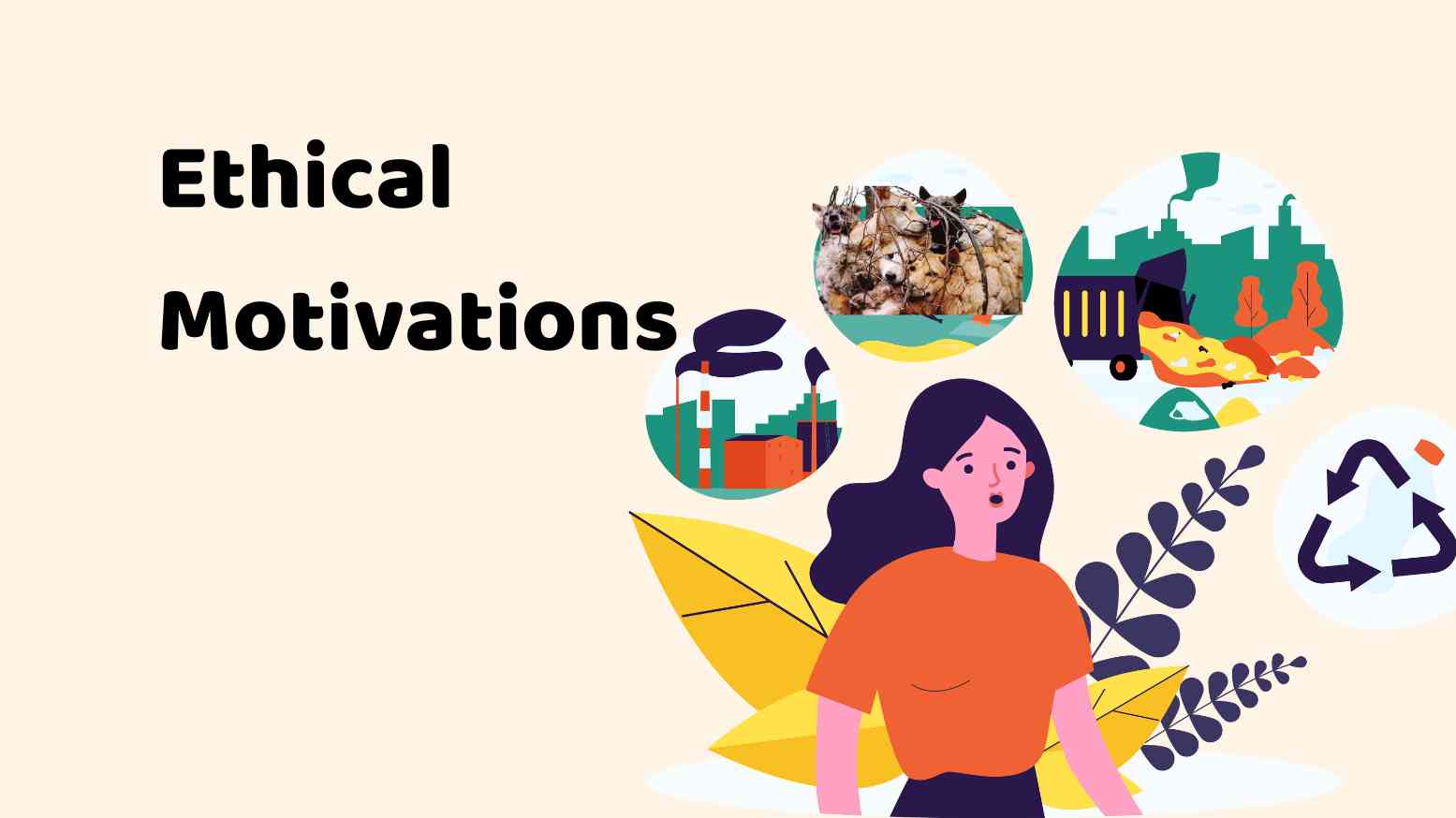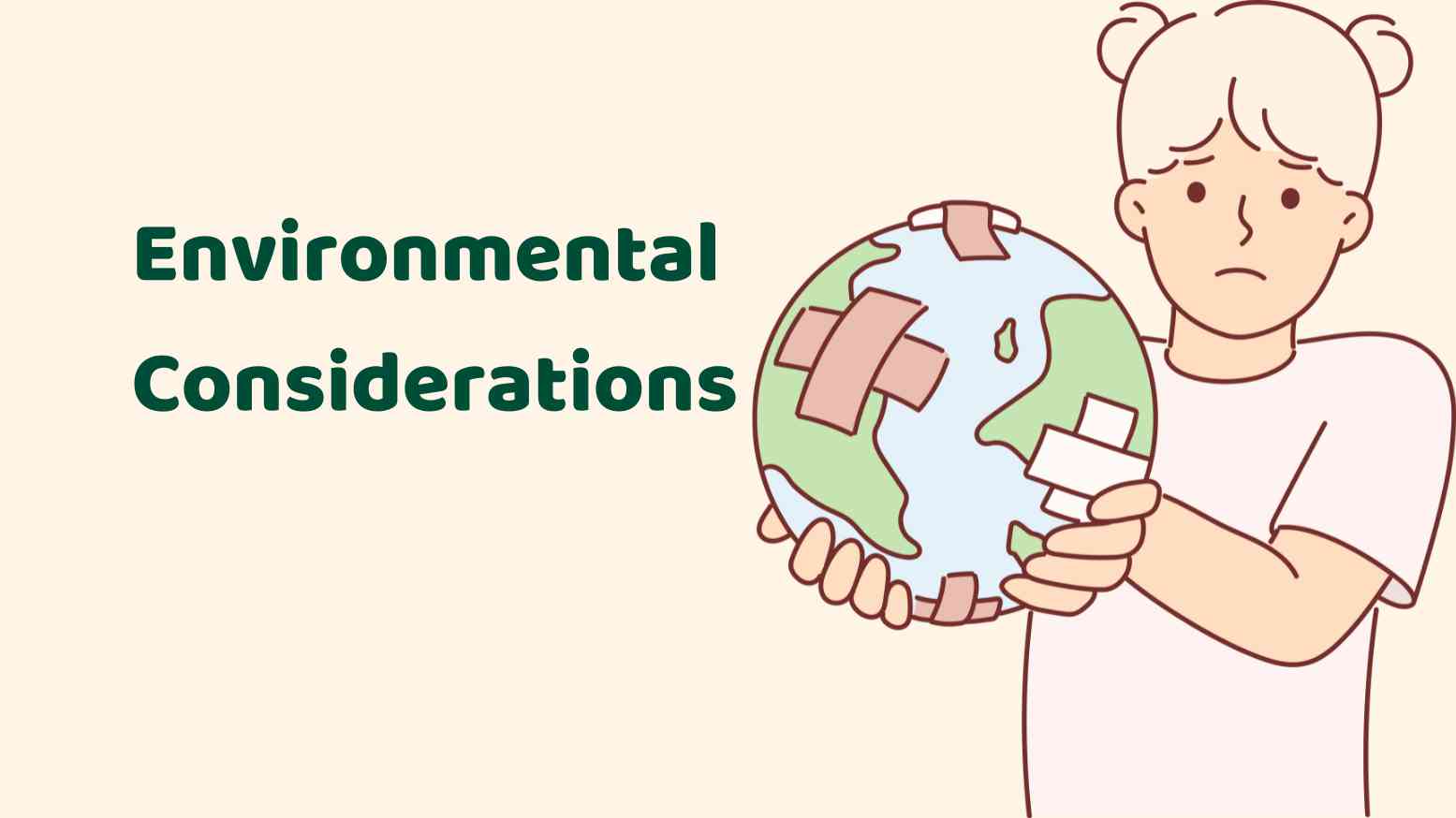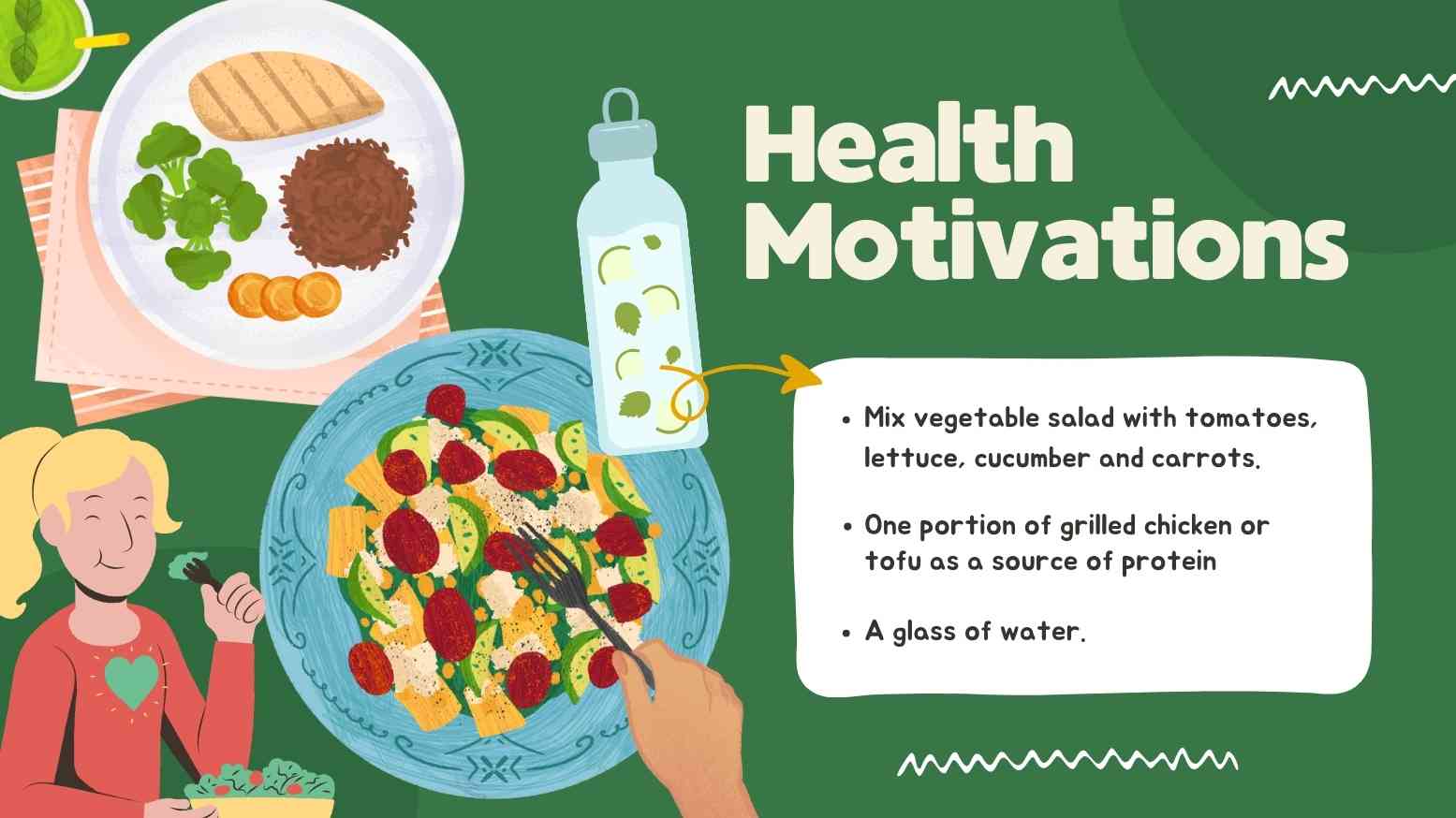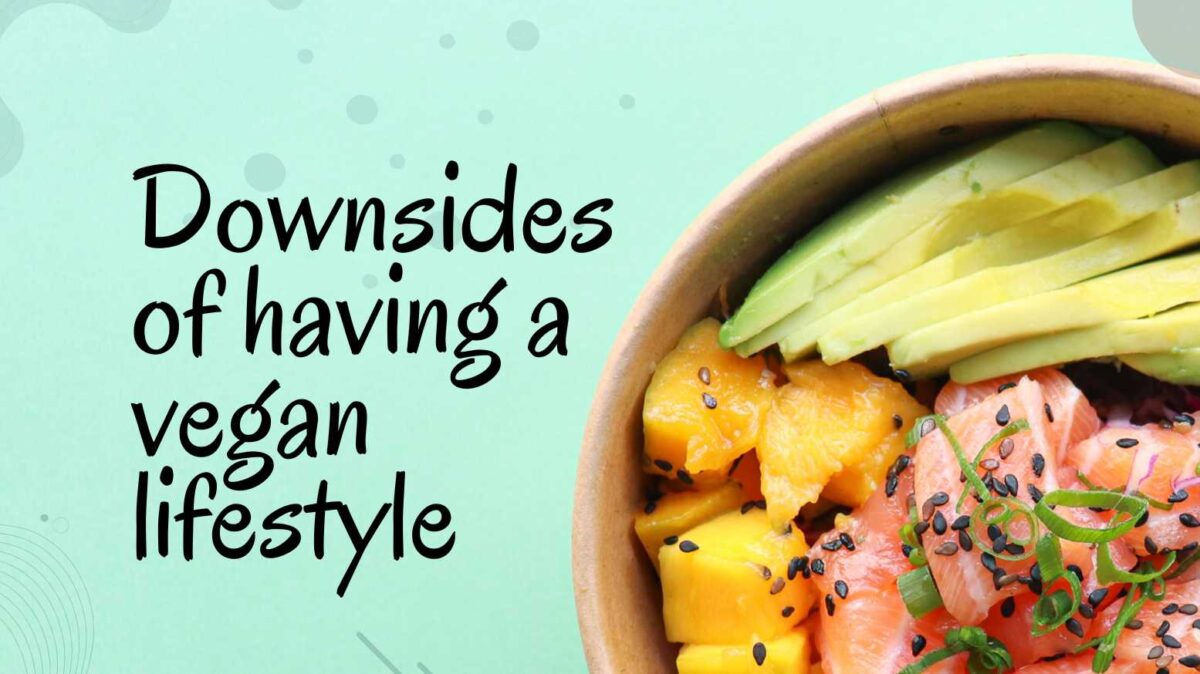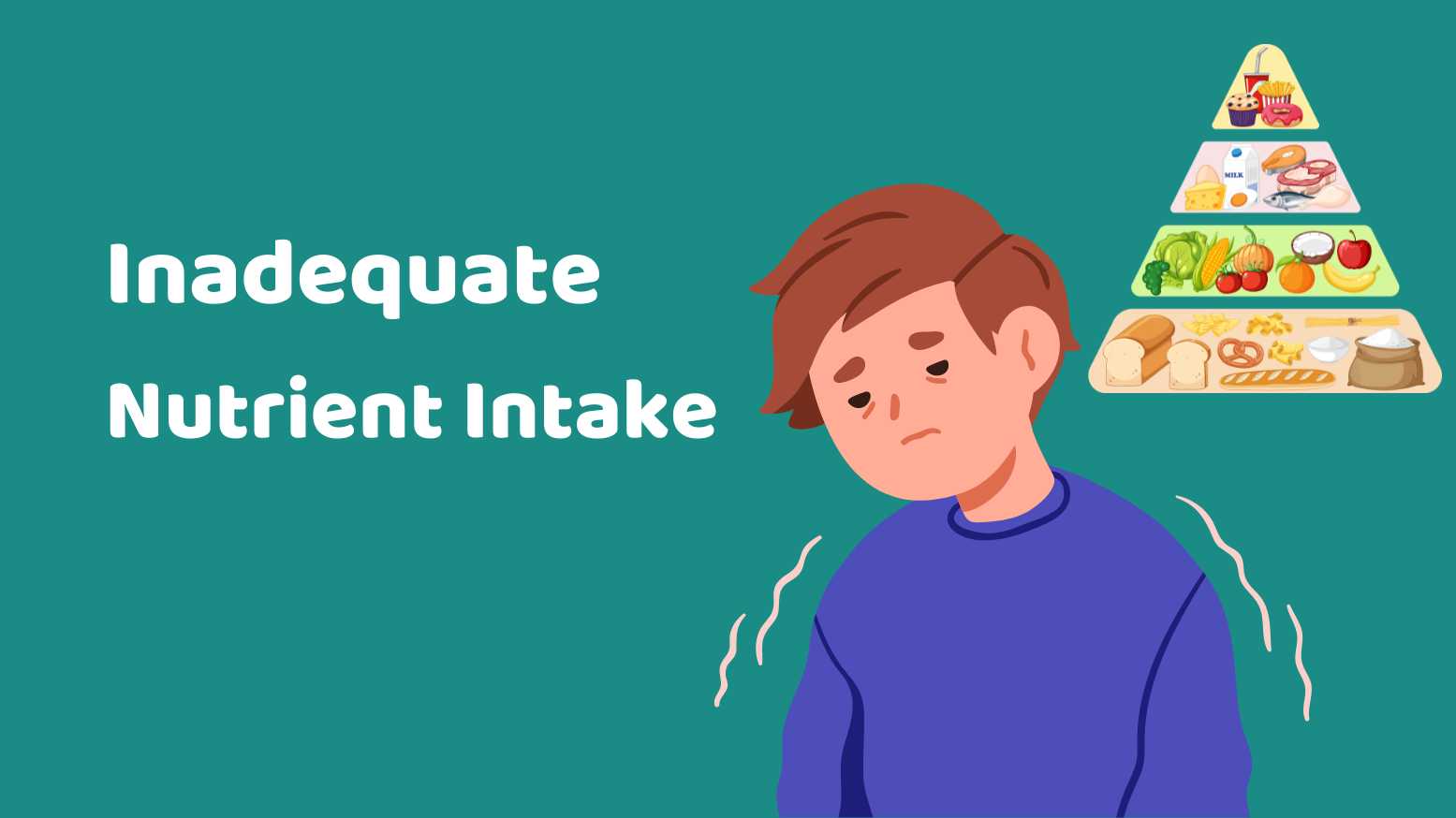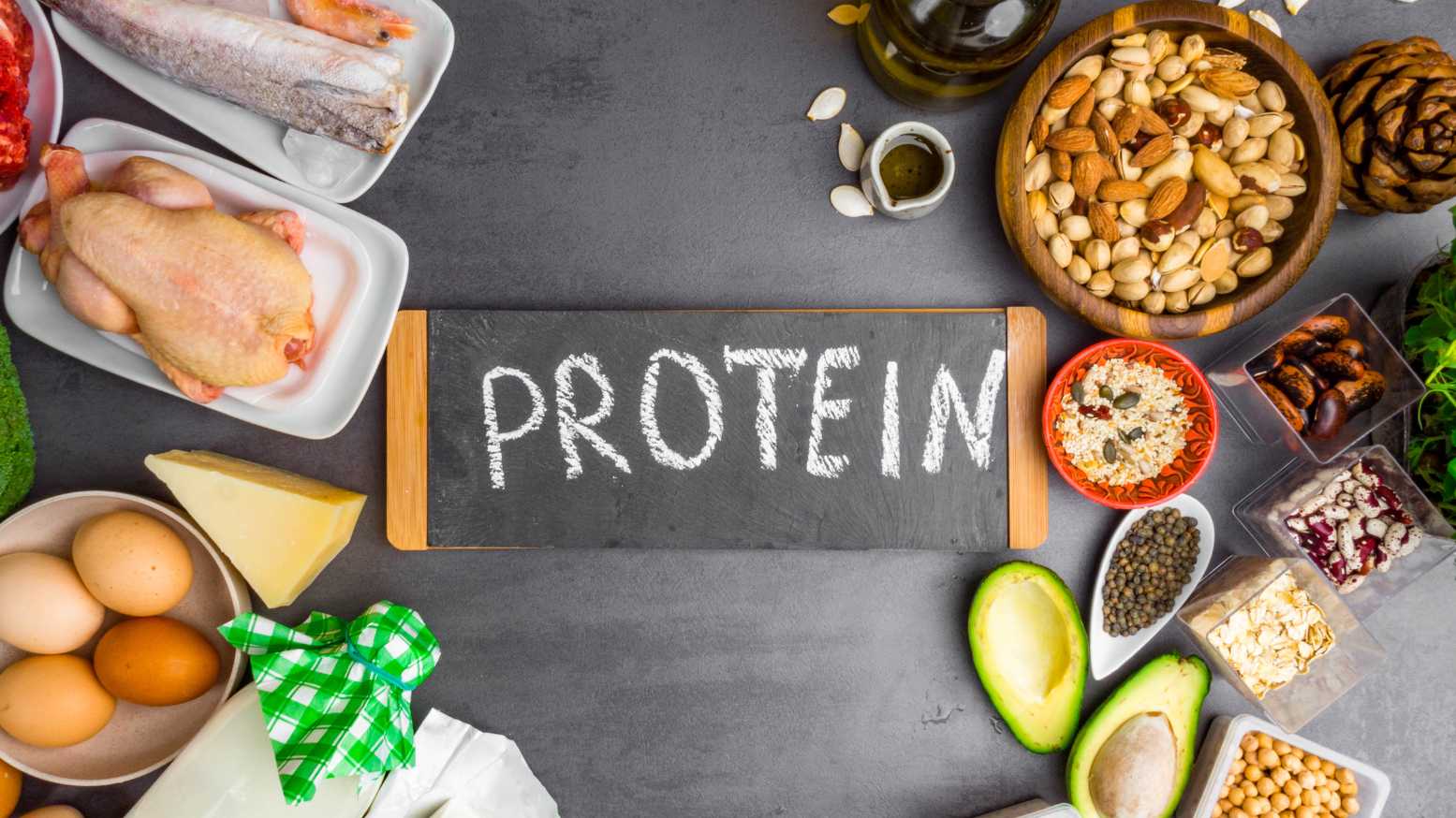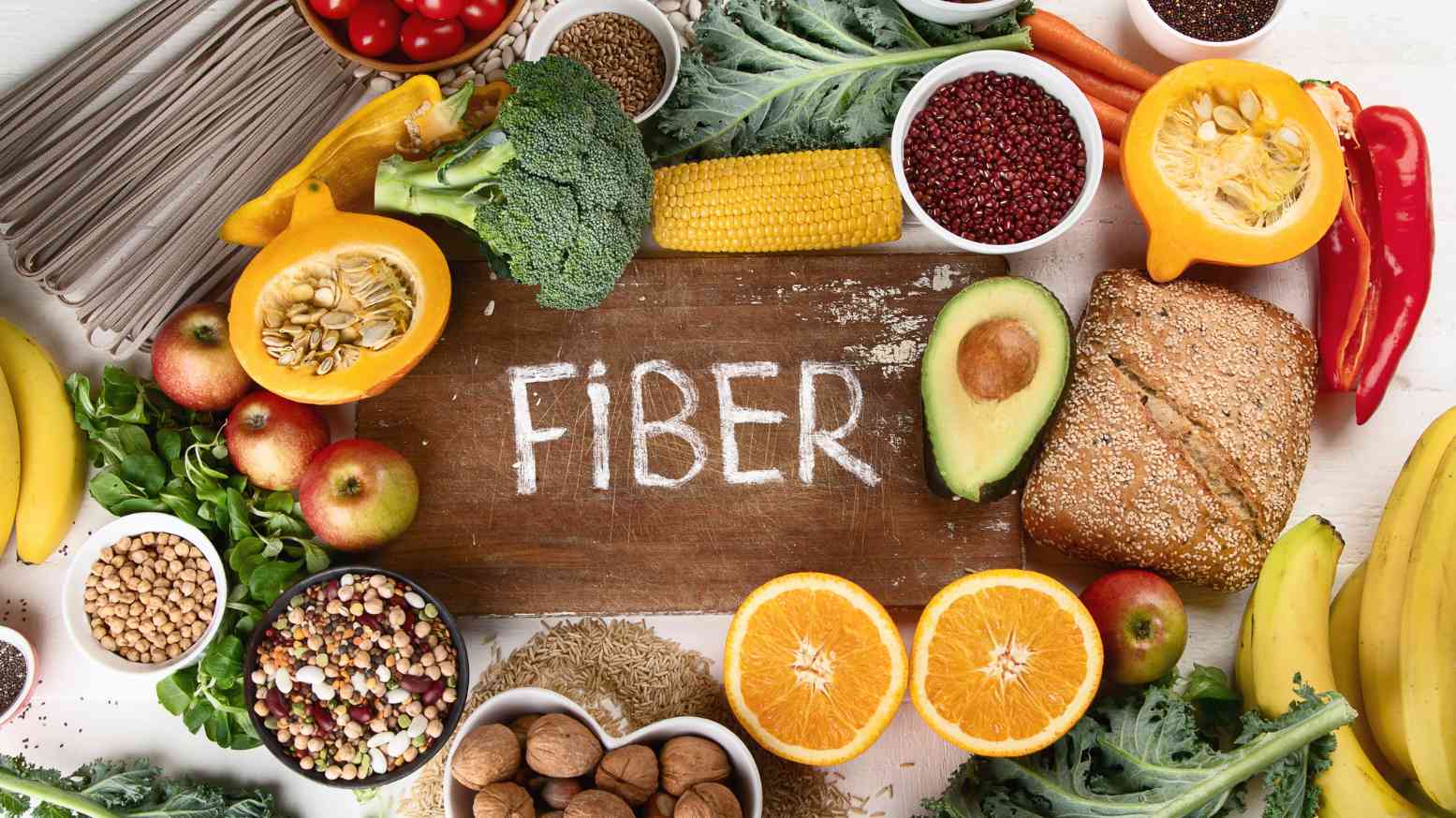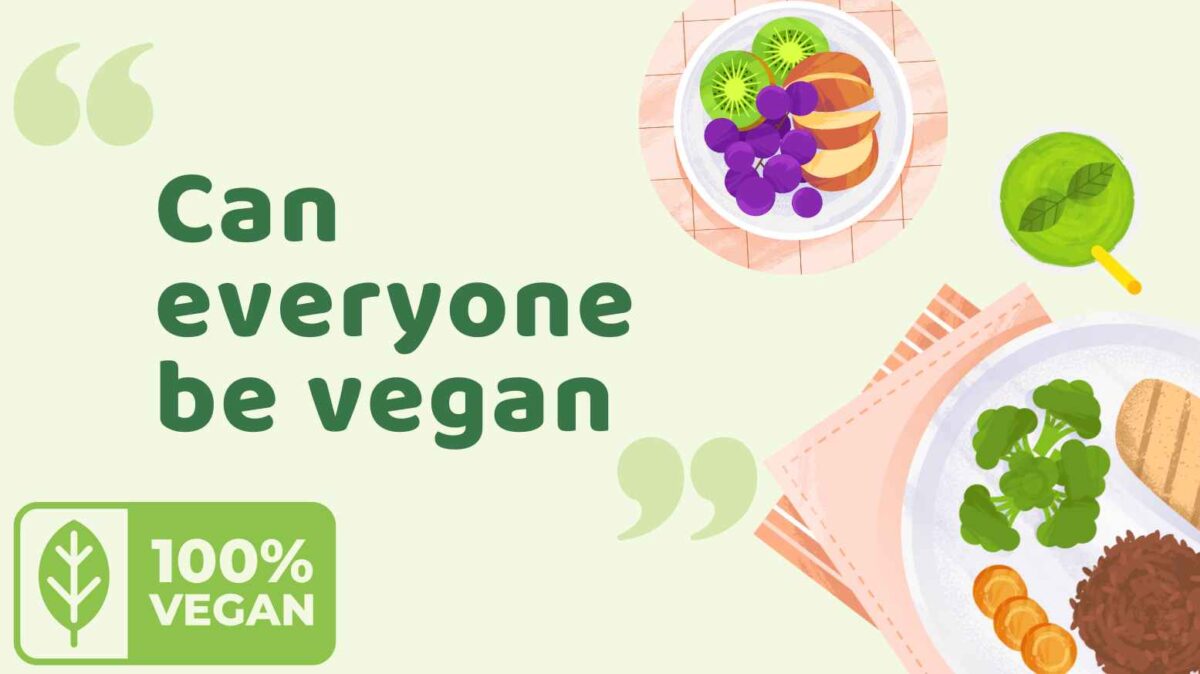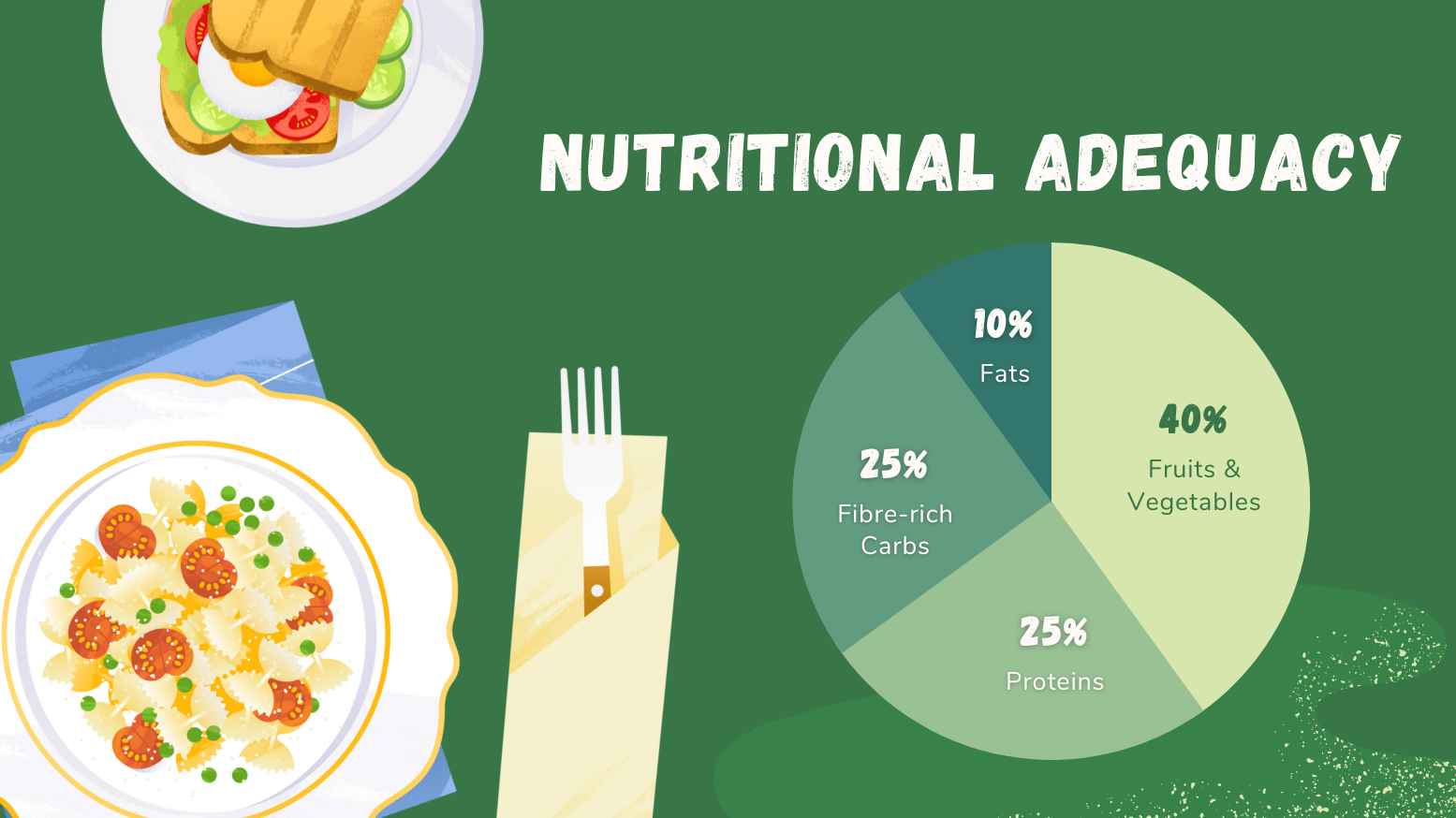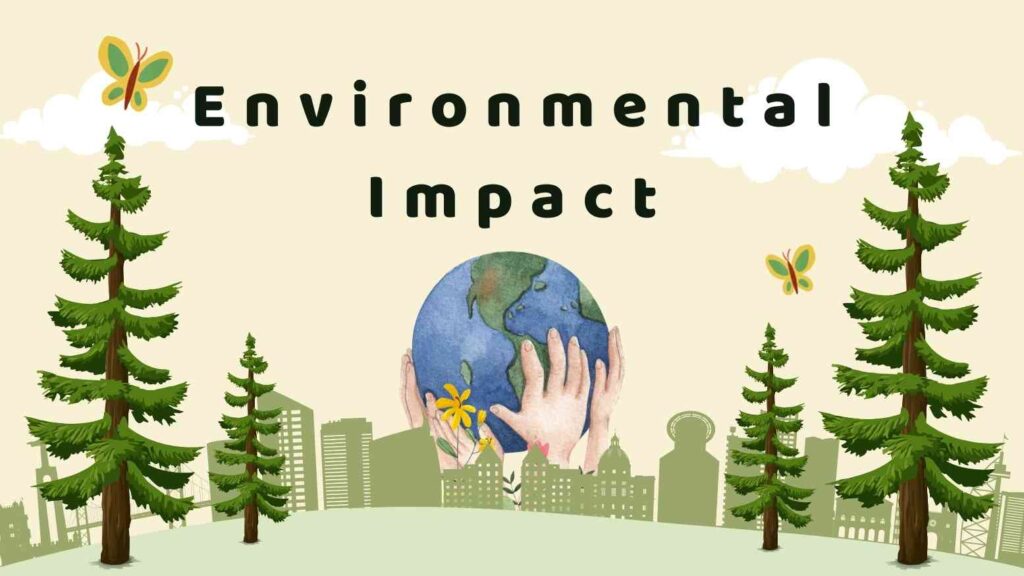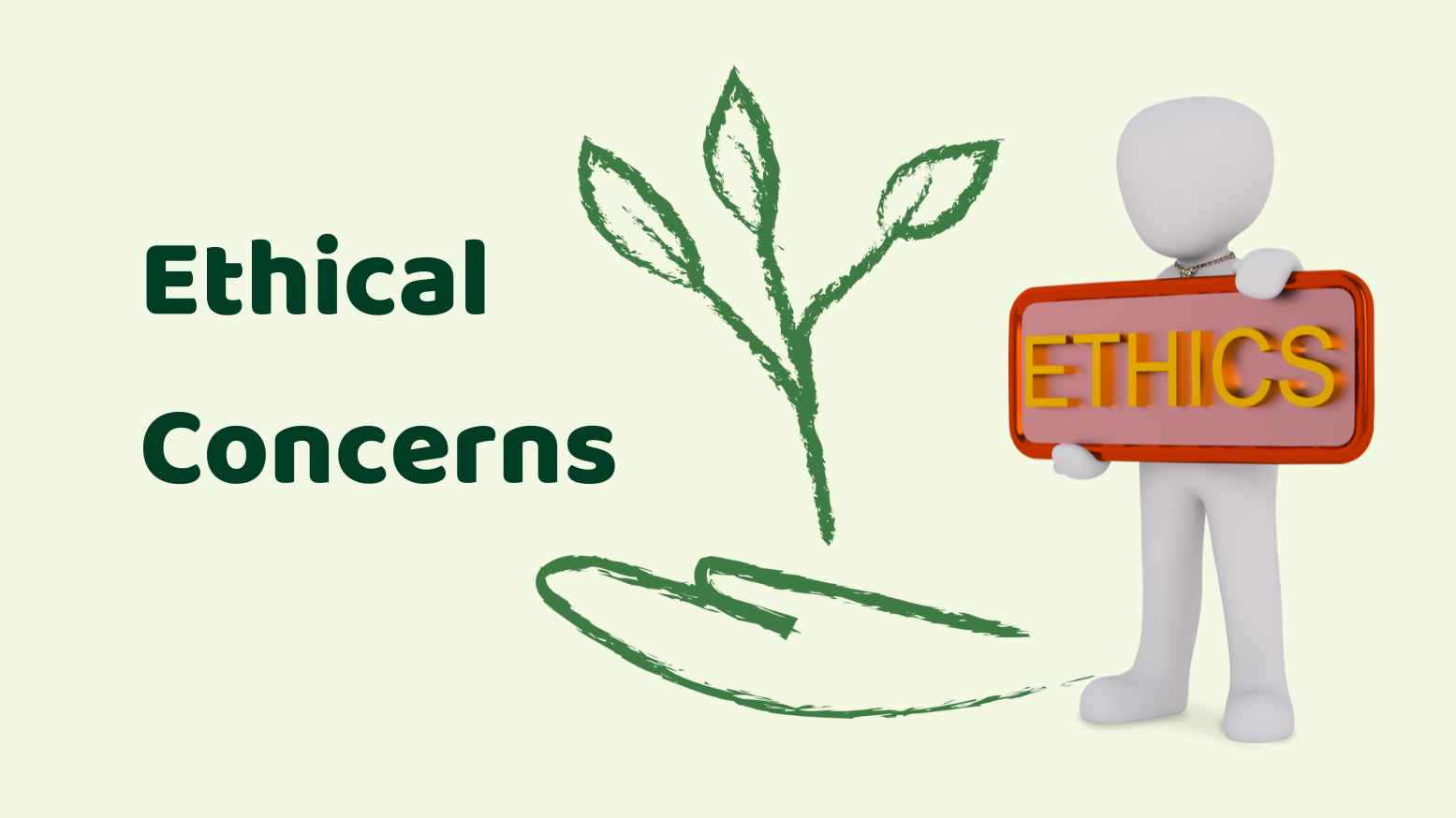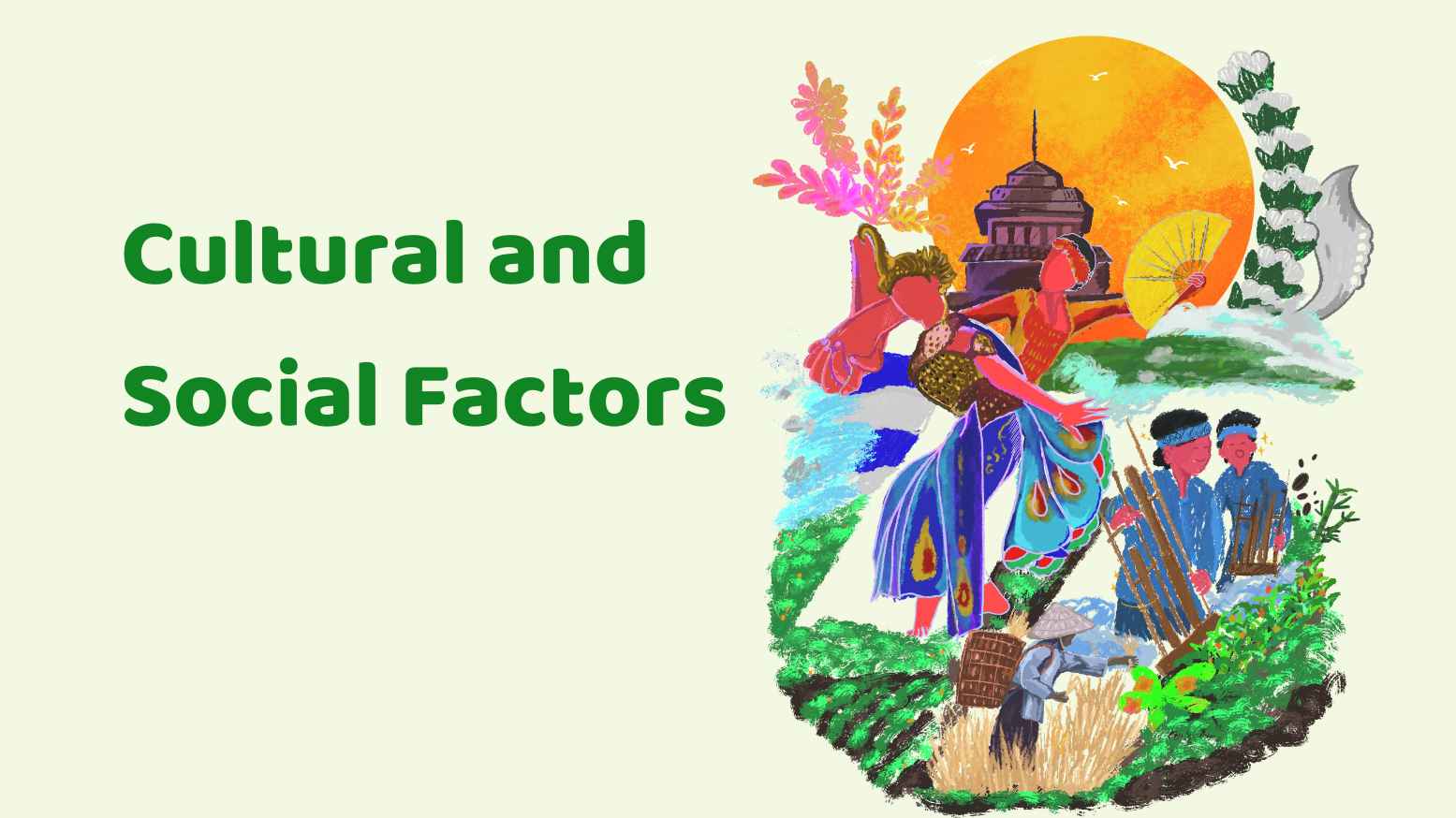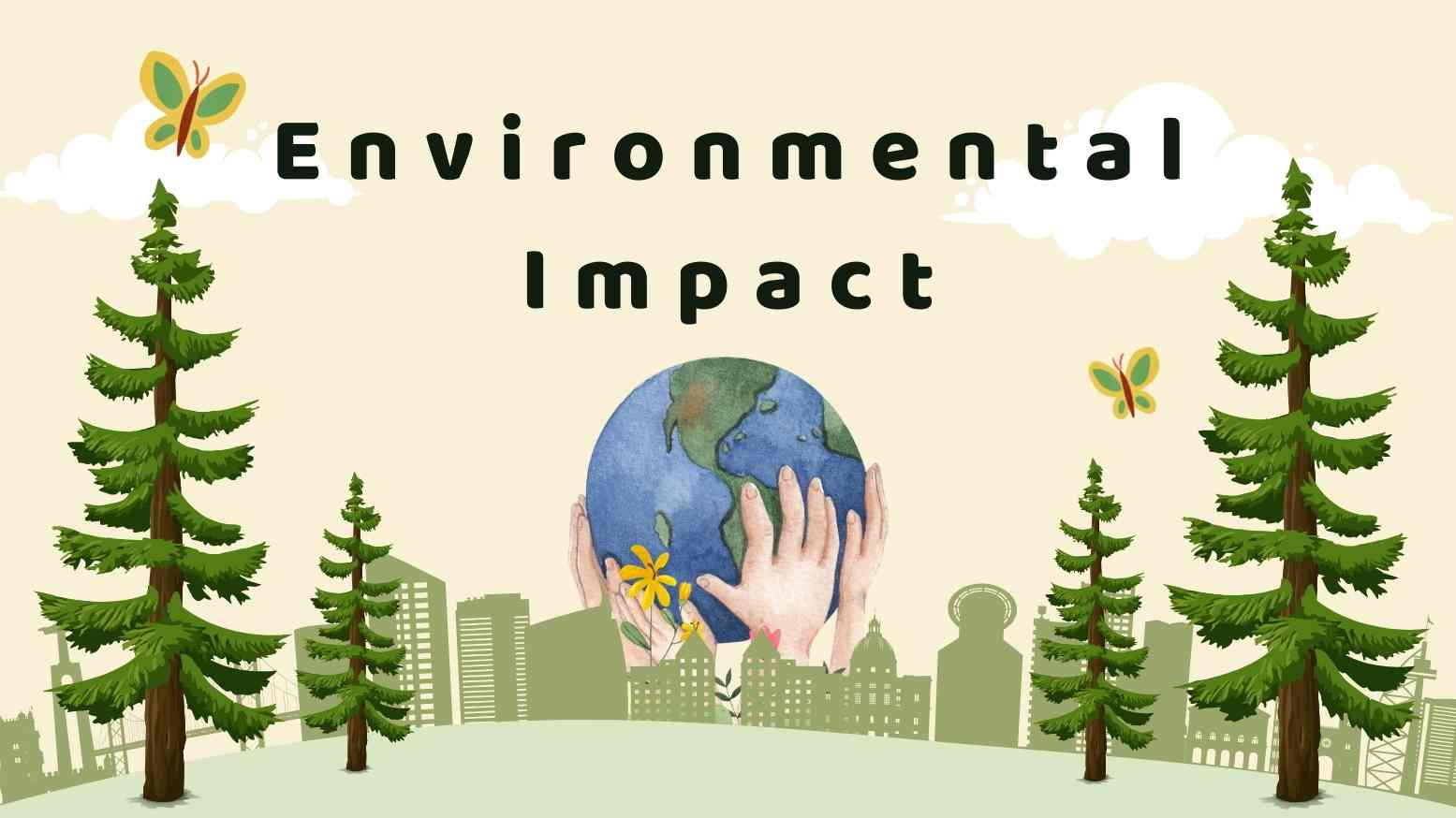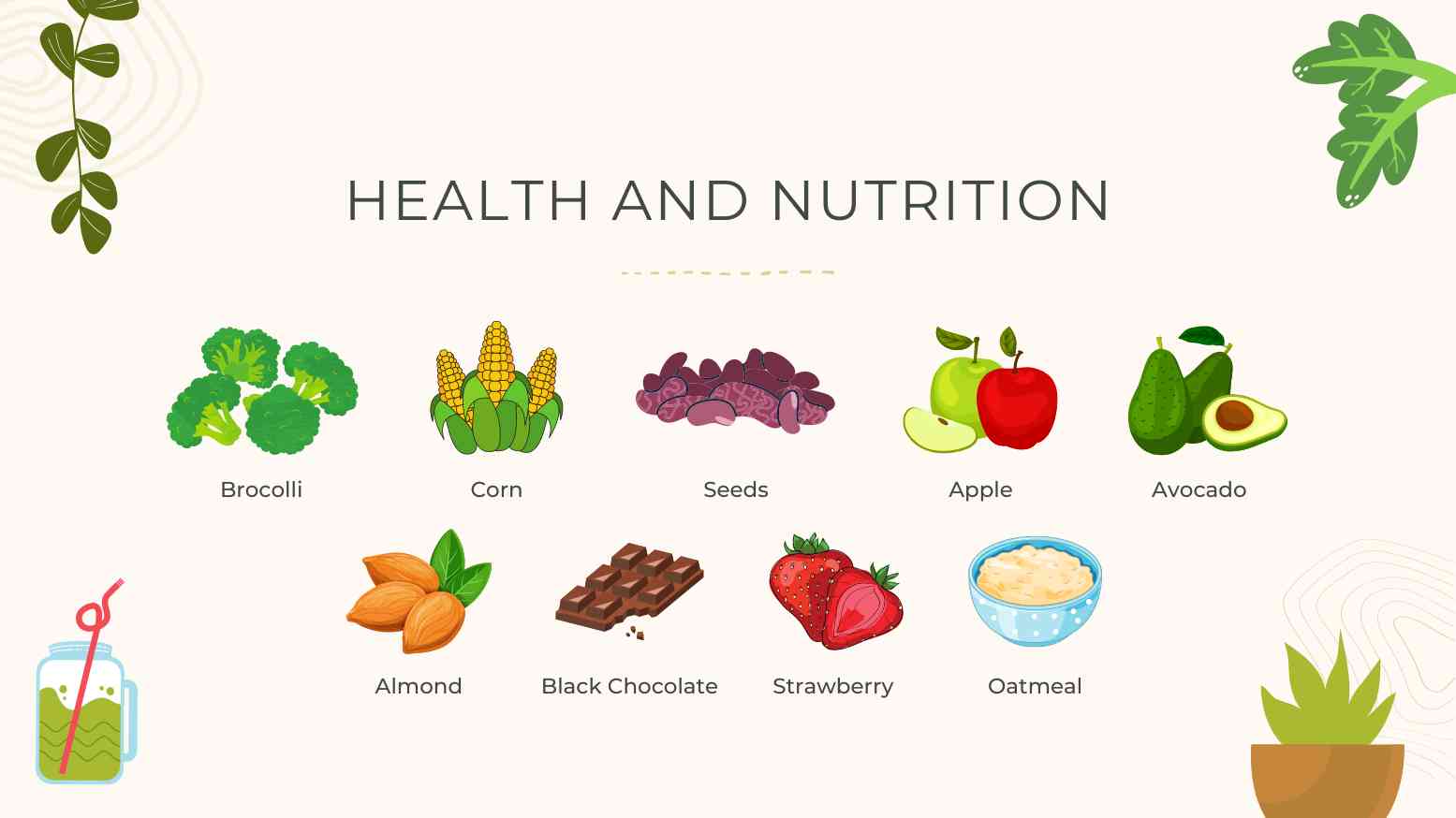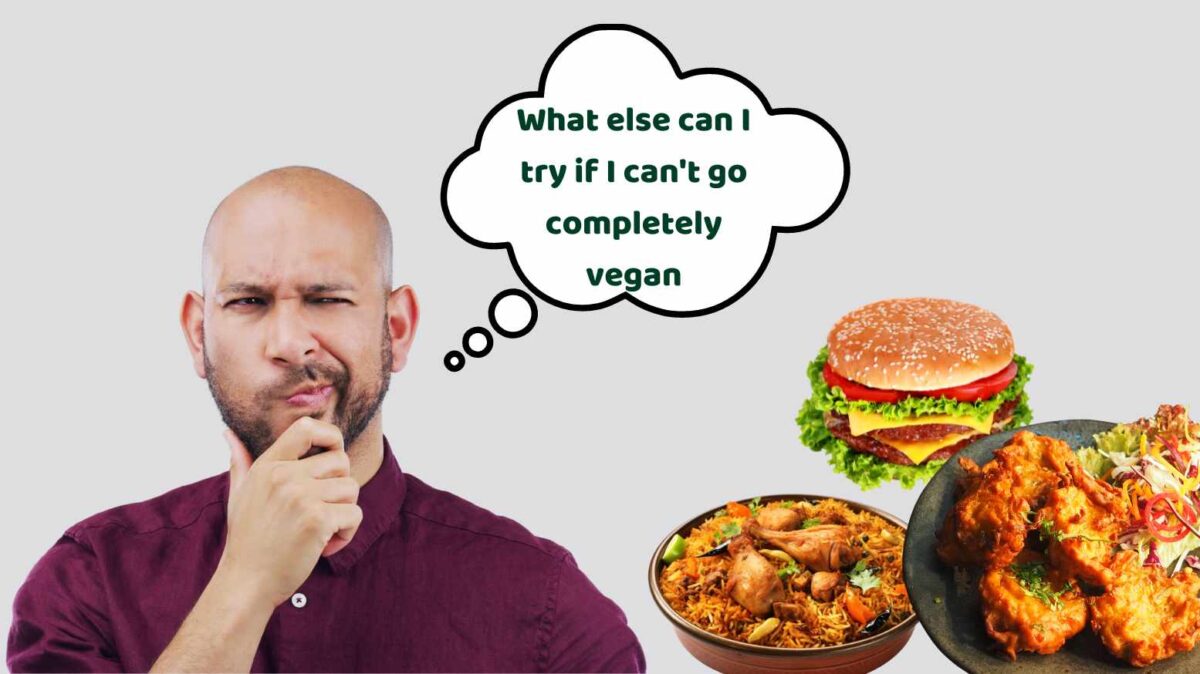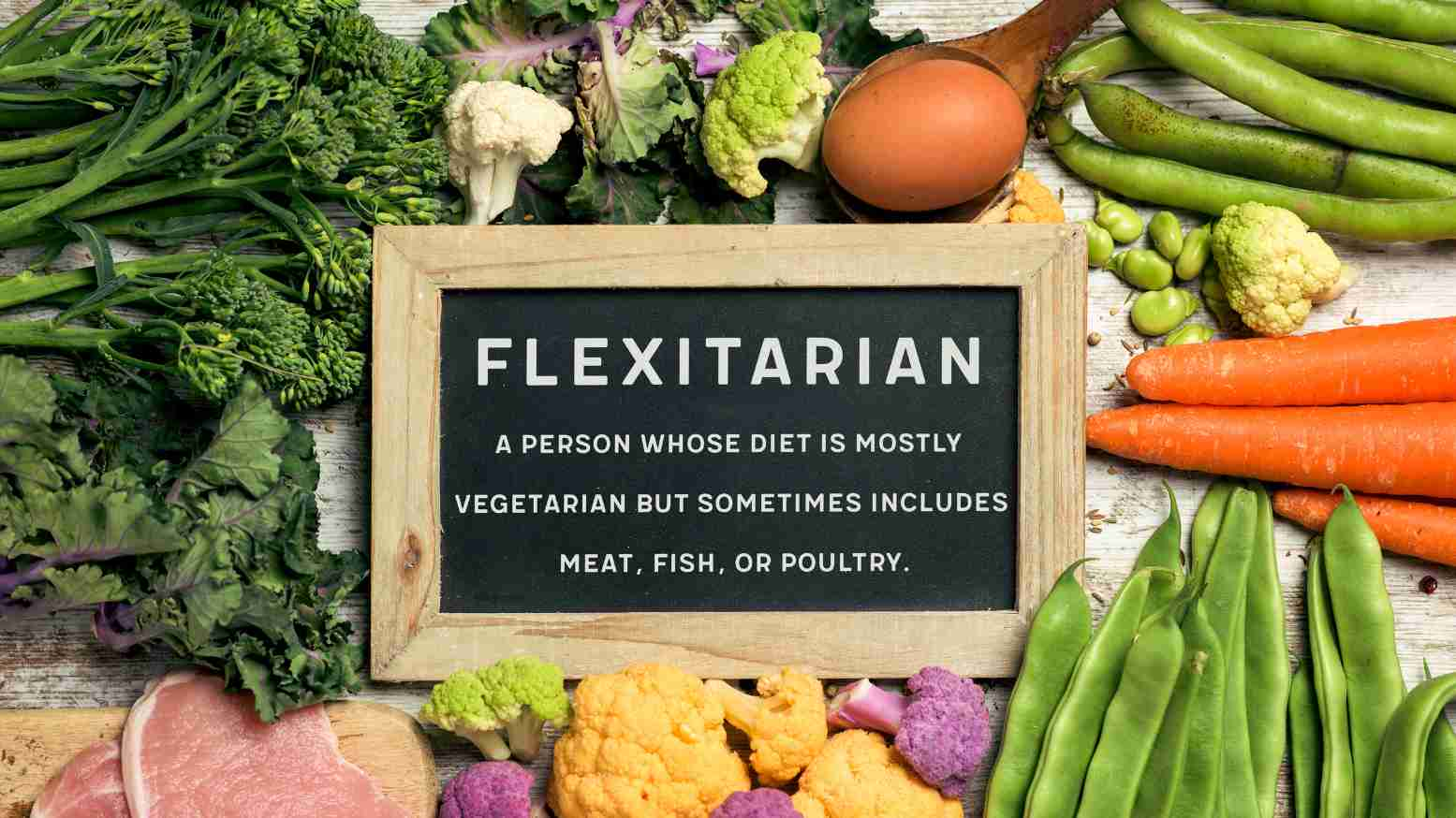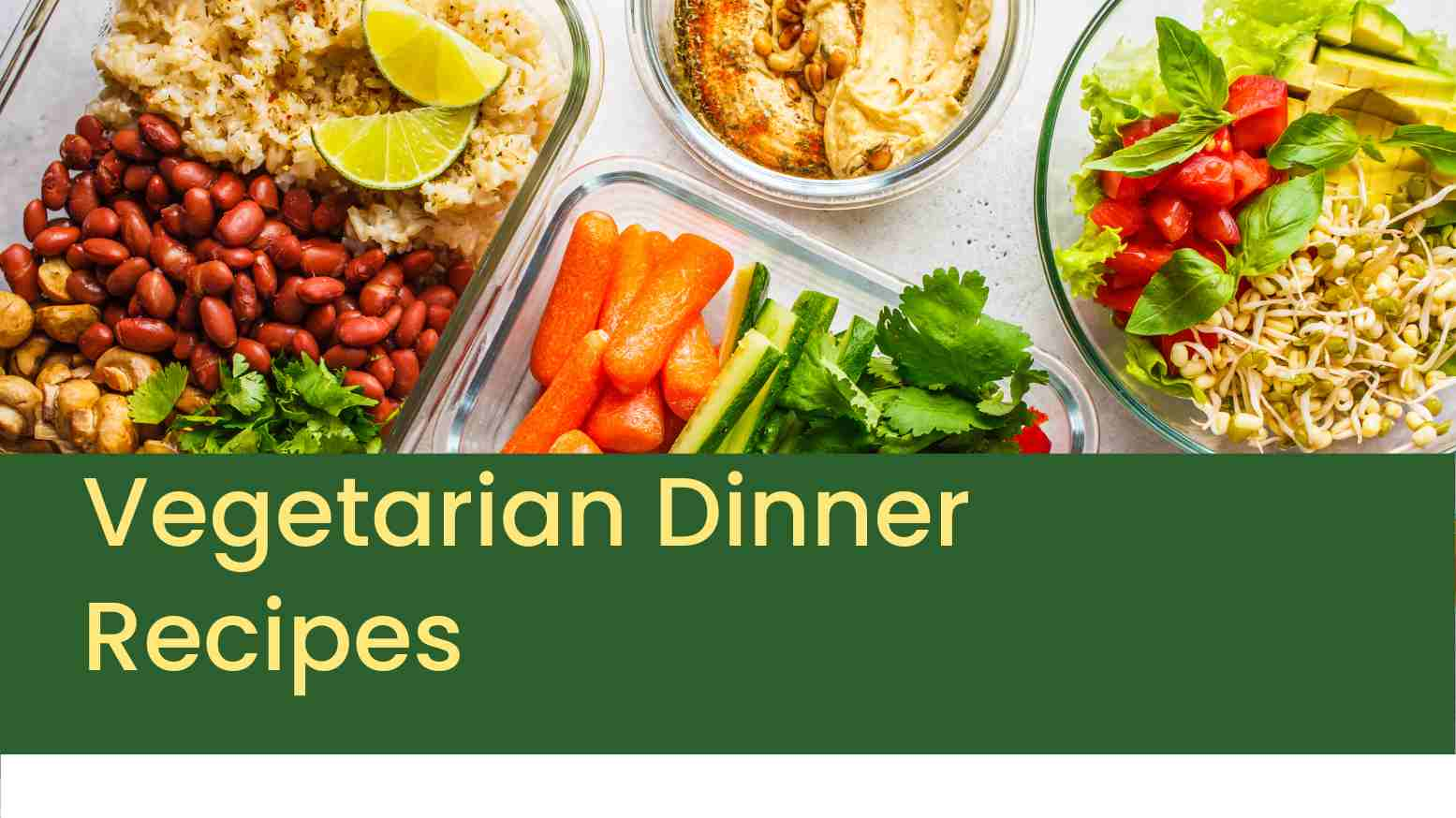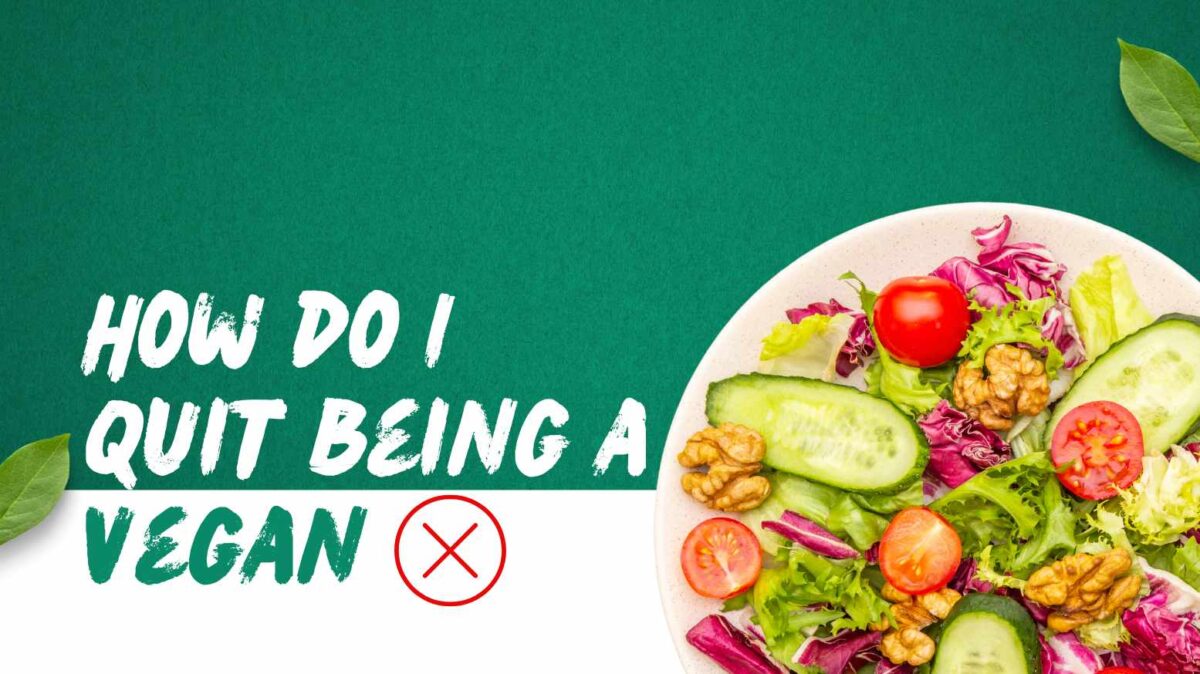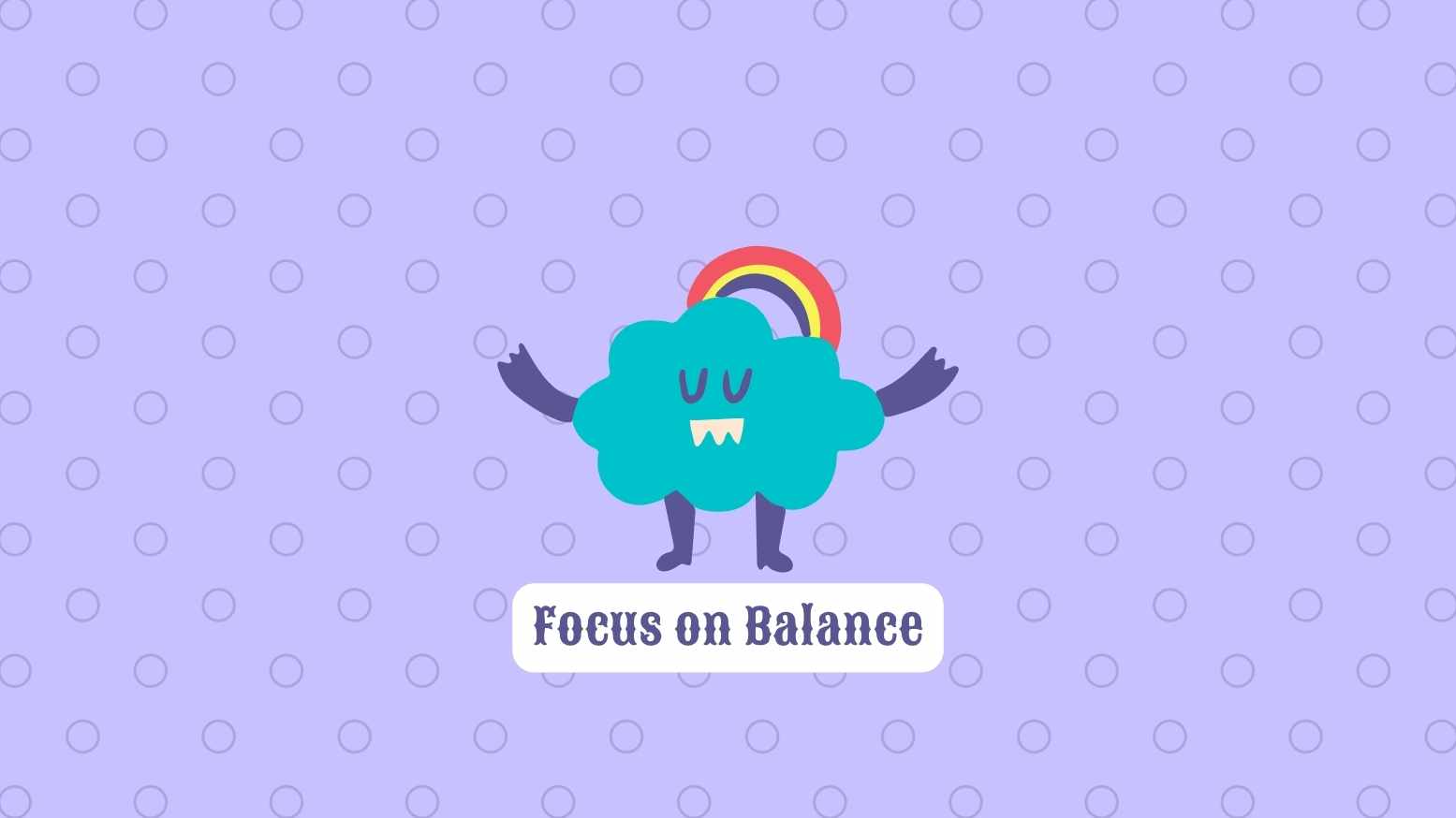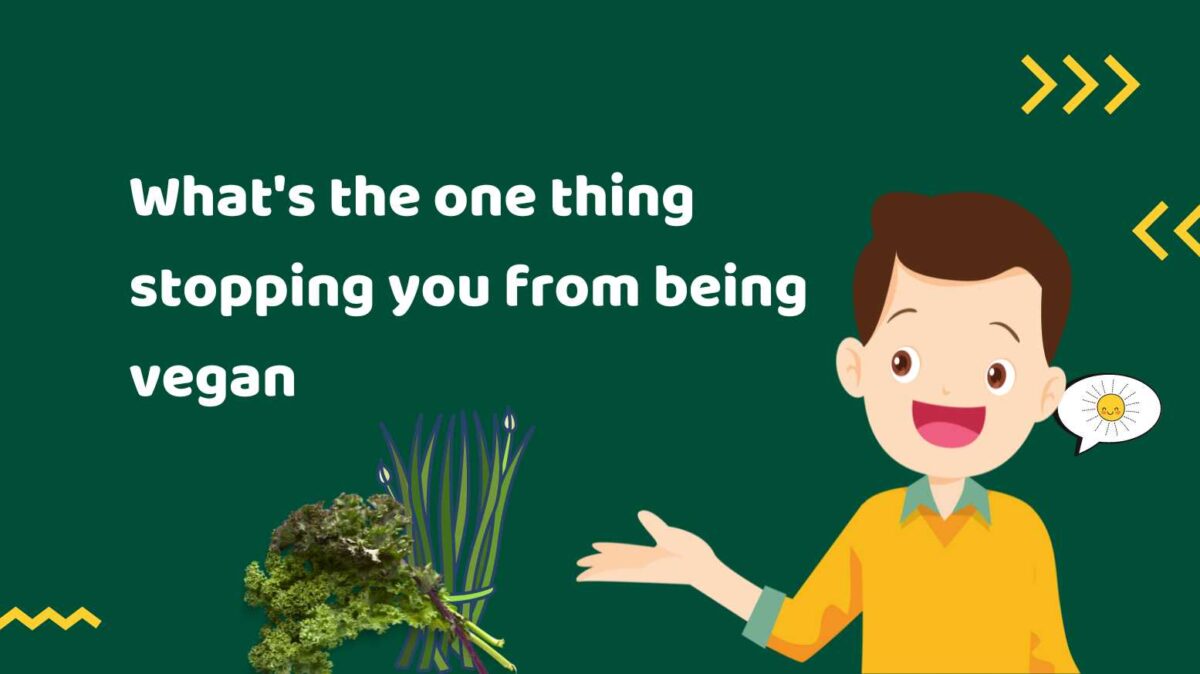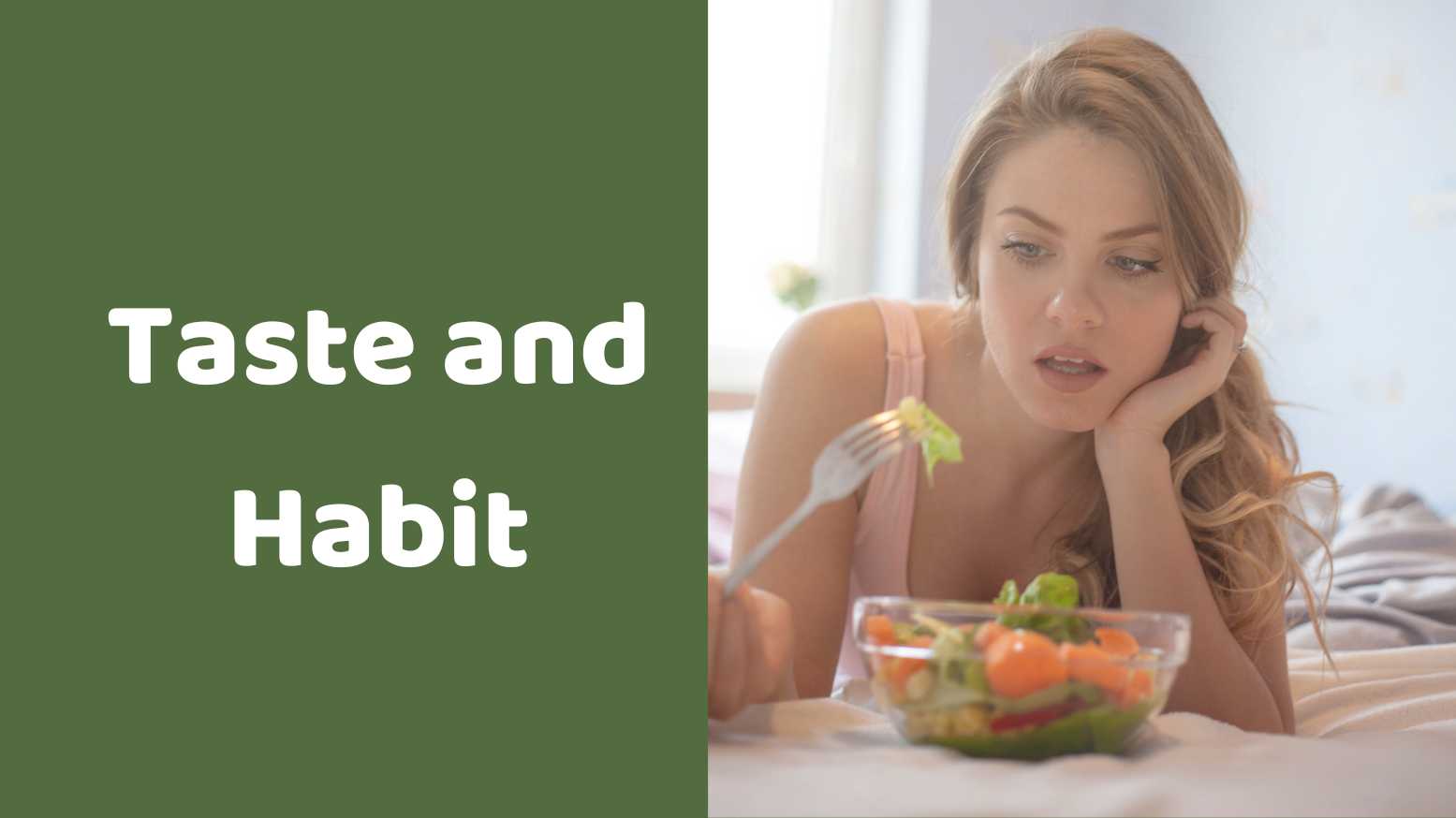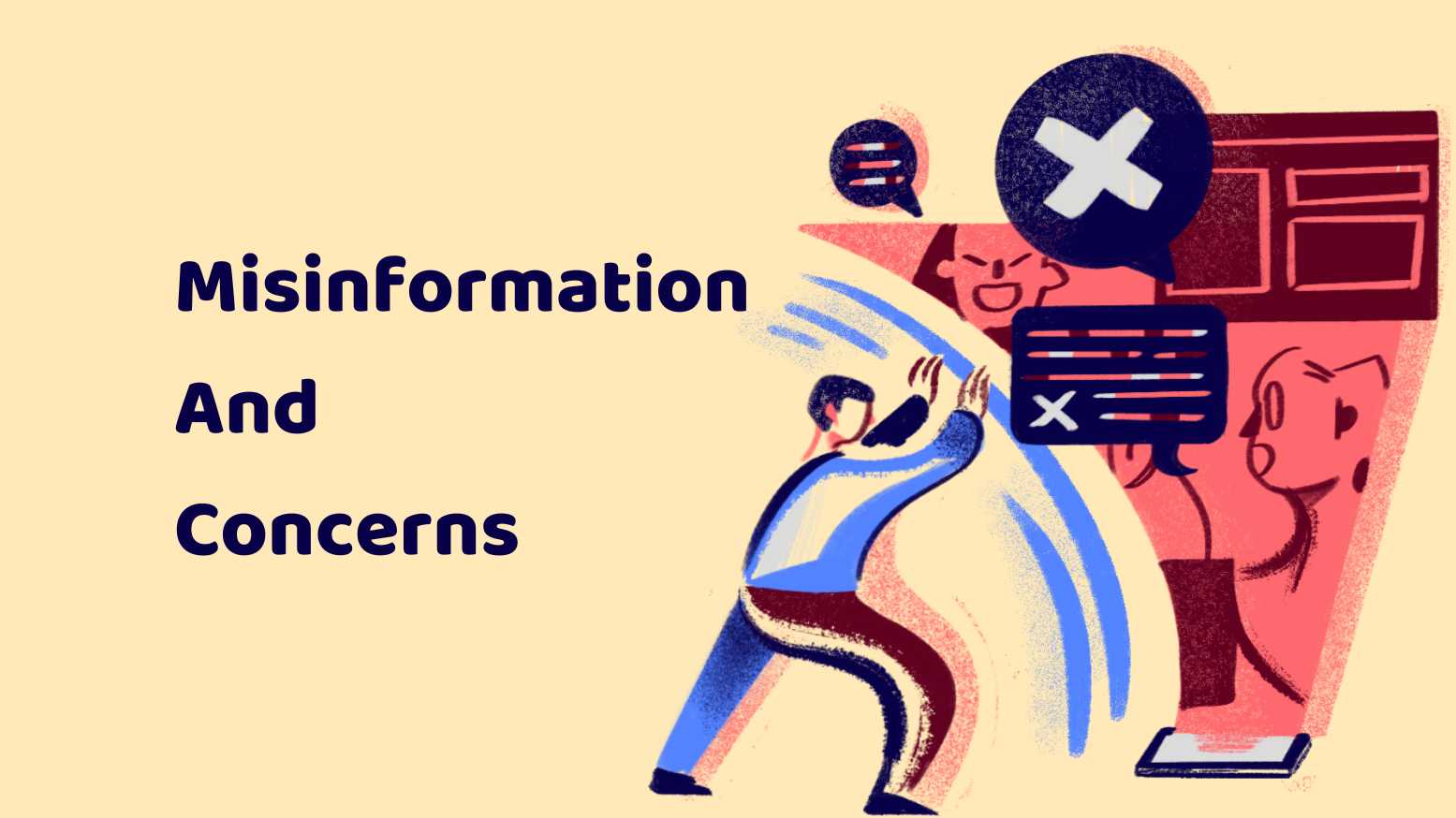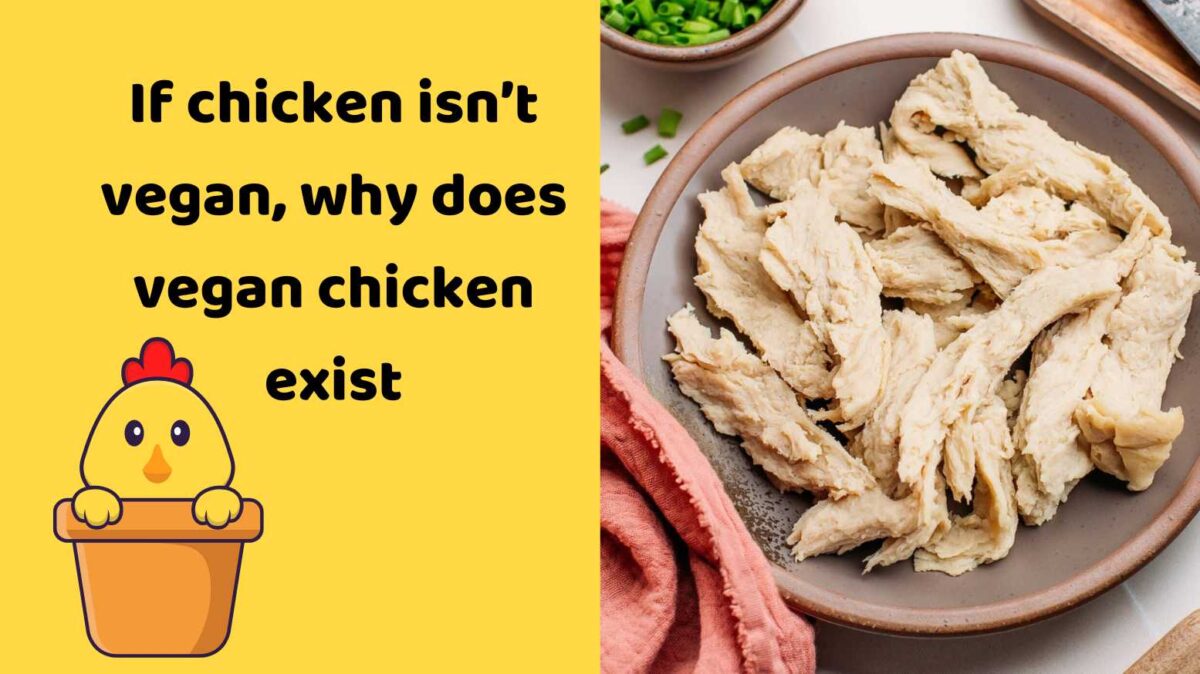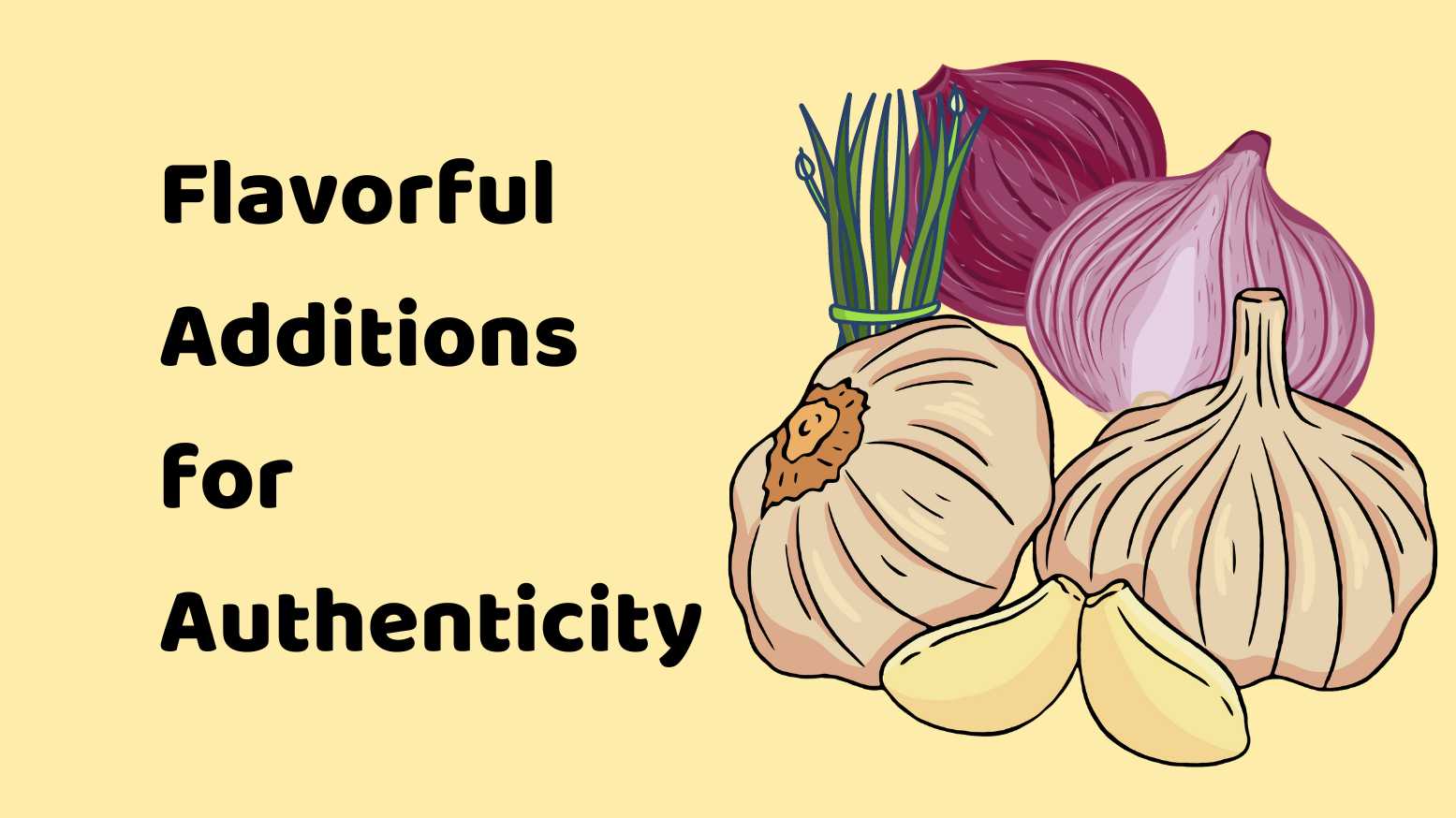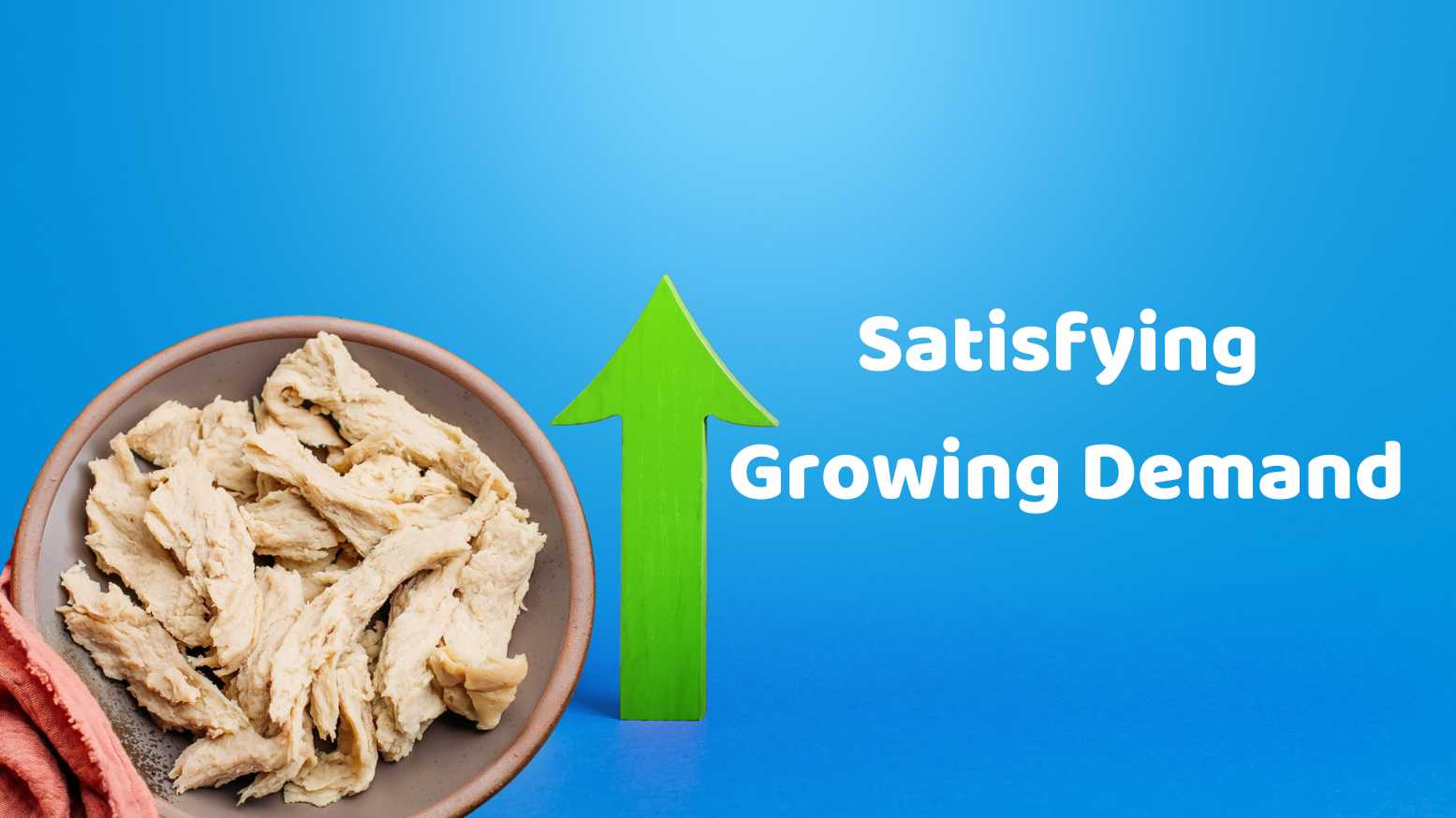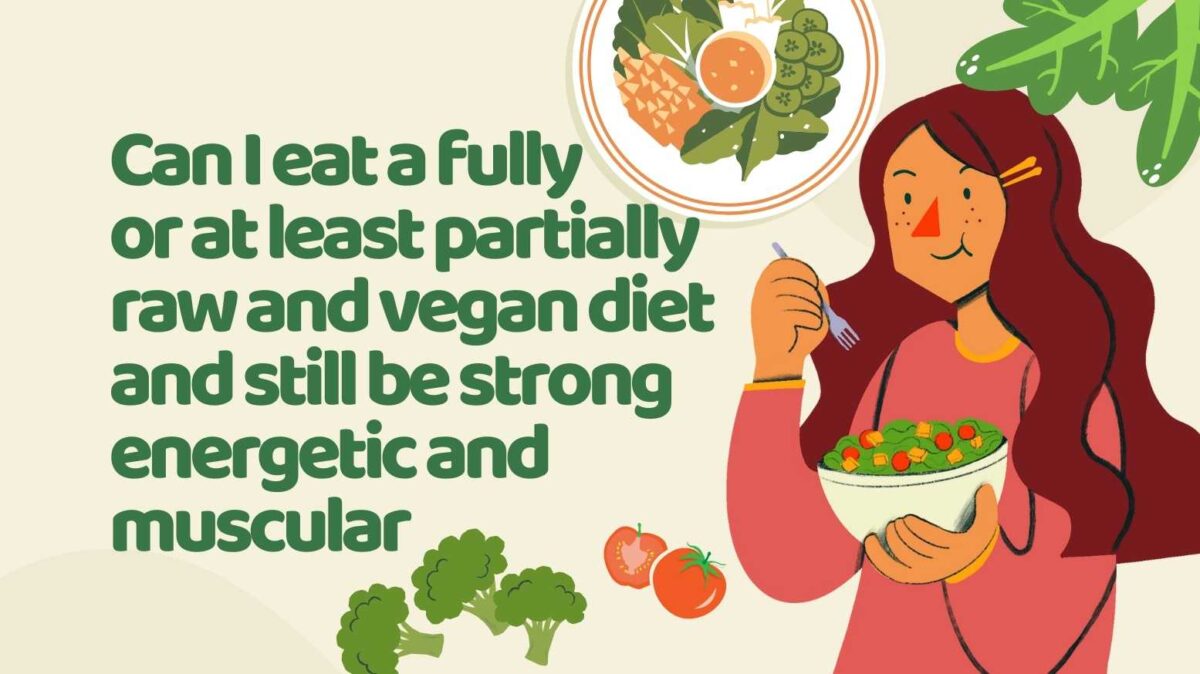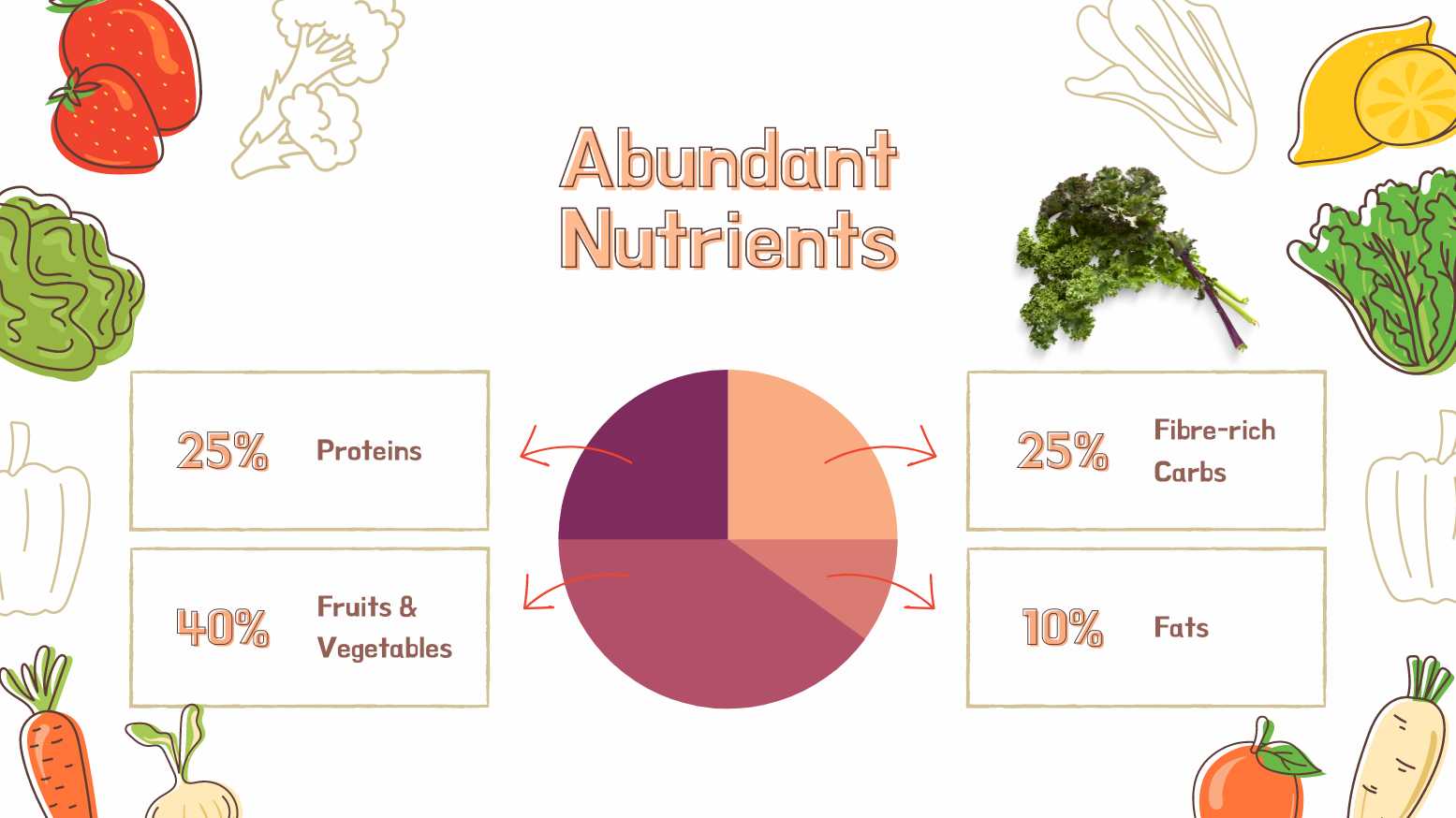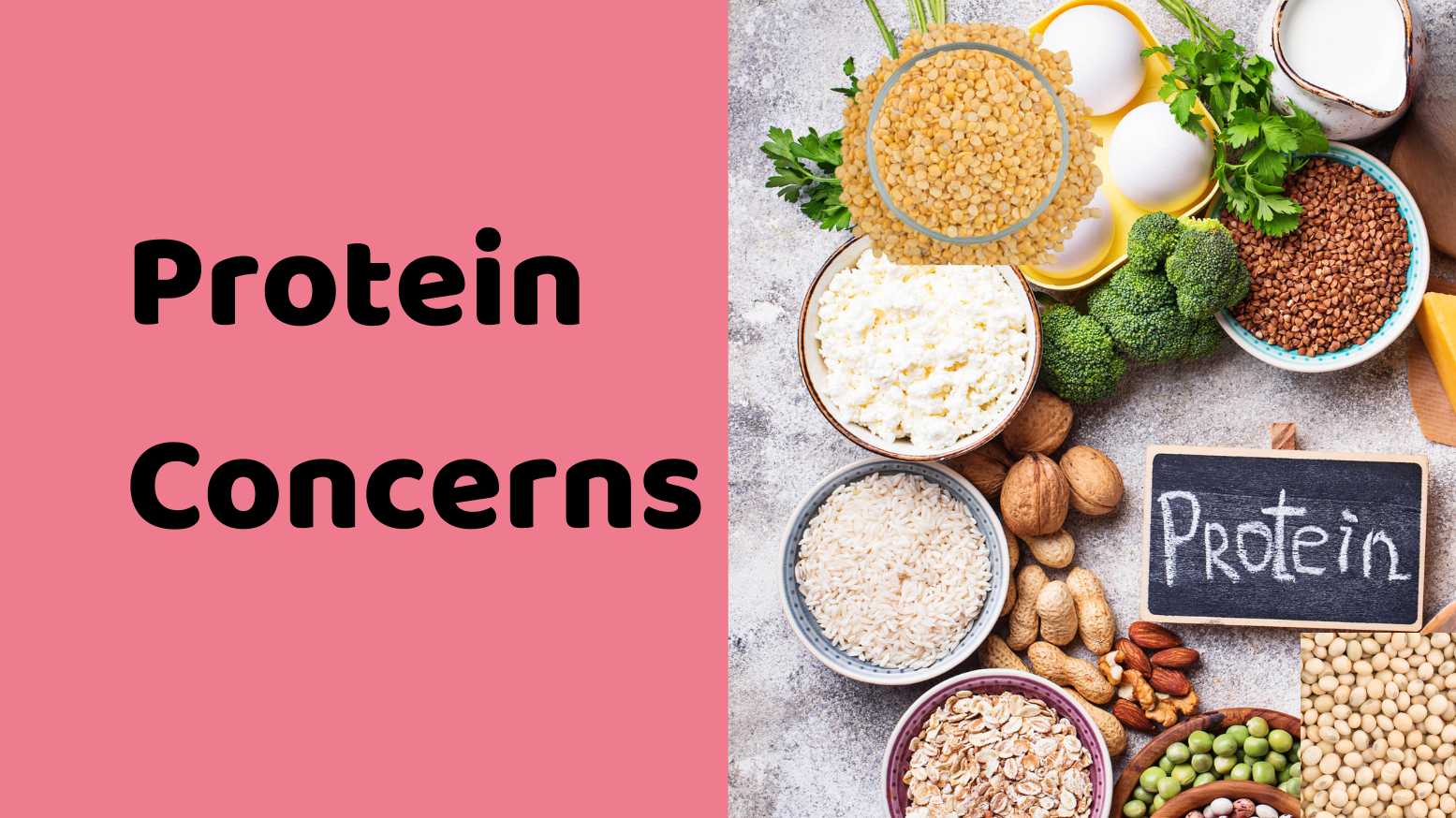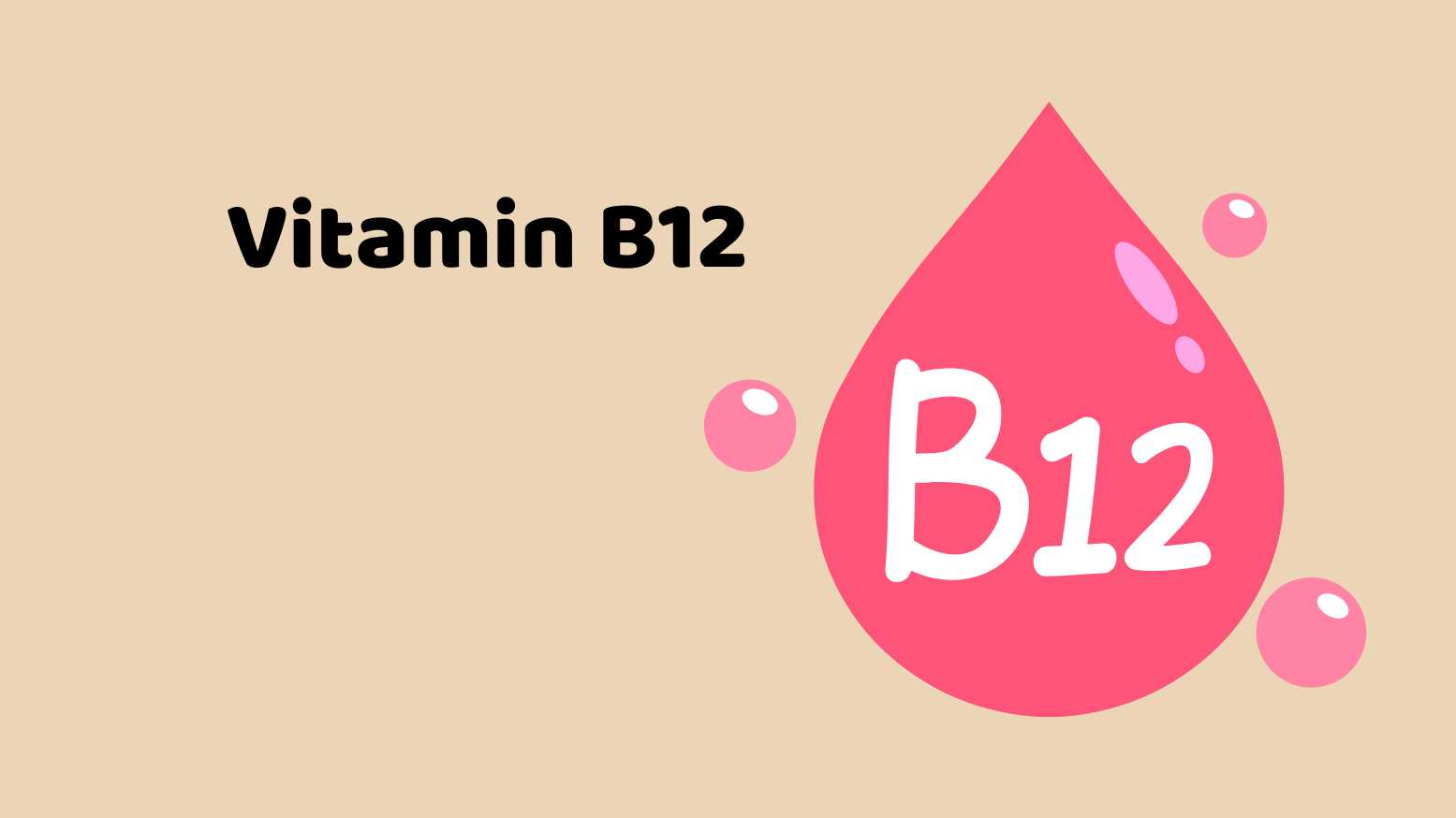In today’s world, more and more people are choosing to adopt plant-based lifestyles and diets that are in line with their moral principles, health concerns, and environmental awareness. The two plant-based diets that are most popular are vegetarianism and veganism.
Although they both refrain from eating meat, their dietary preferences and underlying ideologies distinguish them from one another. in this blog you will explore the difference between a vegan and a vegetarian.
The Core Distinction
The difference between vegans and vegetarians is primarily about whether or not they consume any animal products outside of meat. In all their forms, vegetarians abstain from eating meat, poultry, and fish, but they can still include dairy and eggs in their diet. Dairy and eggs are consumed by lacto-ovo vegetarians, while only dairy is consumed by lacto vegetarians and eggs by ovo vegetarians.
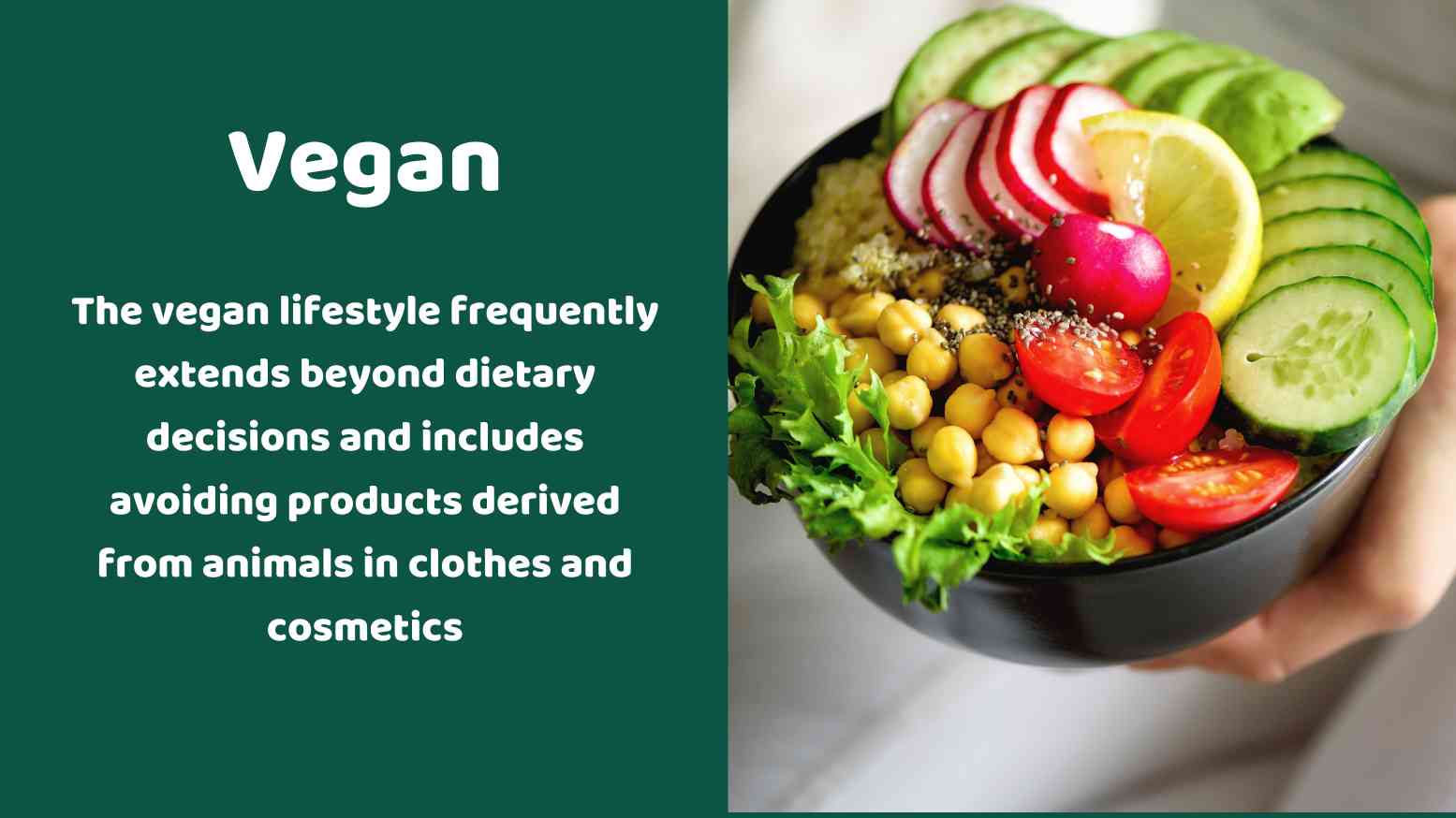
Conversely, vegans take a more stringent approach, removing anything that comes from animals from their diet. This includes seemingly harmless foods like honey as well as meat, fish, dairy, and eggs. The vegan lifestyle frequently extends beyond dietary decisions and includes avoiding products derived from animals in clothes and cosmetics.
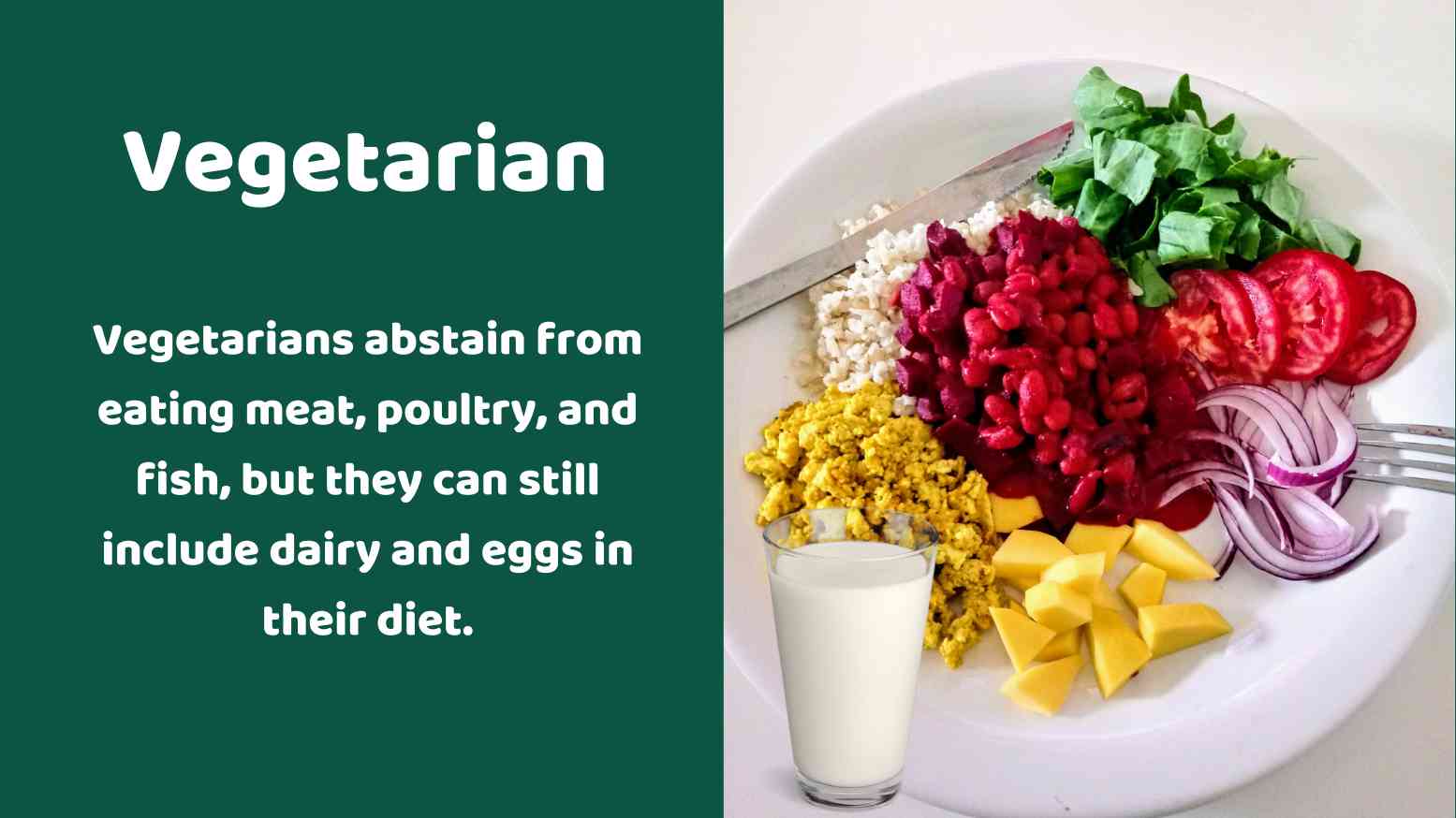
Motivations and Philosophies
There are many different reasons people choose to be vegetarians or vegans. A lot of vegetarians give reasons like as health, sustainability of the environment, or moral objections to factory farming. They could believe that eating eggs and dairy is a more humane option than eating meat.
However, vegans usually hold a strong belief in animal rights. Regardless of an animal’s role in food production, they all should be treated with intrinsic respect and be free from exploitation, according to their belief system. Even in cases where direct animal killing is not involved, the dairy and egg industries are condemned as intrinsically exploitative as part of this uncompromising position.
Nutritional Considerations
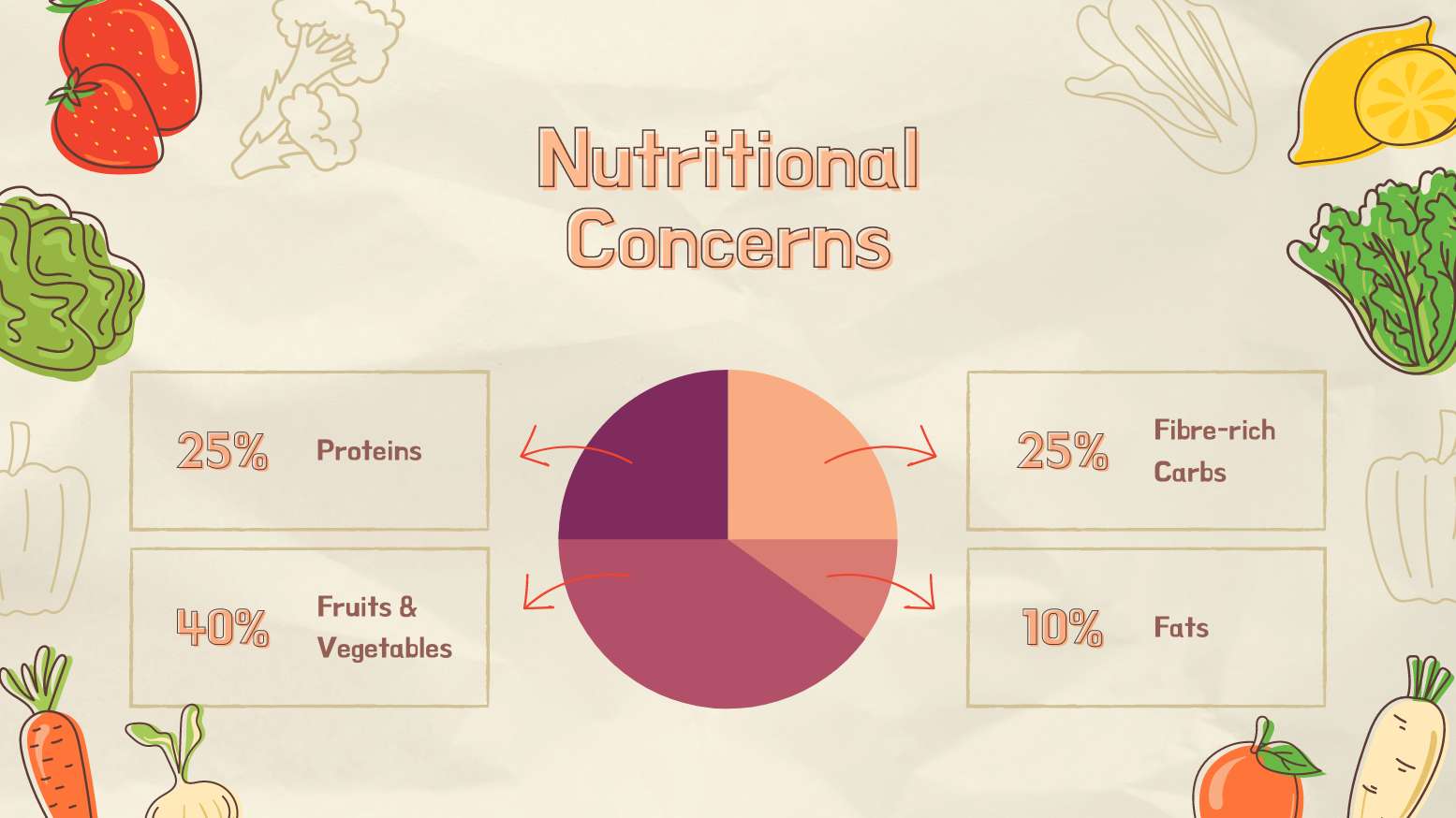
Diets that are vegetarian or vegan may both supply the vital nutrients that the body requires. To make sure they get enough of the nutrients found in animal products—such as omega-3 fatty acids, iron, calcium, and vitamin B12—vegans may need to plan their diets more carefully. Supplements and fortified foods frequently play a crucial role in a vegan’s diet plan.
Getting Around in the Social World
Vegetarians and vegans face comparable social issues as plant-based lifestyles become more popular, such as having fewer options while dining out or attending events. However, vegans could encounter extra challenges because their diet is more restrictive. It is crucial to treat both options with decency and empathy, realizing that everyone has different needs and reasons.
Differentiating between vegans and vegetarians goes beyond just food choices; it explores the various drives and ideologies that influence different ways of living. Understanding these differences promotes thoughtful conversations, civil exchanges, and a broader acceptance of plant-based life in all of its manifestations.
The decisions people make to adopt vegan or vegetarian diets, whether driven by health, morality, or environmental concerns, add to a larger discussion about compassionate and sustainable living.
You may also like:
- Why should a person go vegan
- What are the downsides of having a vegan lifestyle
- Can everyone be vegan
FAQs
1. What is the core distinction between vegans and vegetarians?
The primary difference lies in the consumption of animal products beyond meat. While vegetarians avoid meat, poultry, and fish, they may include dairy and eggs. Vegans, however, eliminate all animal-derived products, including meat, fish, dairy, eggs, and even items like honey.
2. What are the different types of vegetarians and their dietary preferences?
There are various types of vegetarians, including lacto-ovo vegetarians (consume dairy and eggs), lacto vegetarians (consume dairy), and ovo vegetarians (consume eggs). Each type has a specific set of dietary exclusions and inclusions.
3. What are the motivations behind choosing vegetarianism?
Vegetarians may choose their diet for health reasons, environmental sustainability, or moral objections to factory farming. Some may believe that consuming eggs and dairy is a more humane option compared to eating meat.
4. What distinguishes vegan motivations and philosophies from those of vegetarians?
Vegans typically adhere to a strong belief in animal rights. Their philosophy revolves around granting intrinsic respect and freedom from exploitation to all animals, regardless of their role in food production. They condemn dairy and egg industries as inherently exploitative.
5. Do vegetarian and vegan diets provide all the essential nutrients the body needs?
Both diets have the potential to supply essential nutrients, but vegans may need to plan their diets more carefully to ensure they get enough omega-3 fatty acids, iron, calcium, and vitamin B12. Supplements and fortified foods are often integral to a vegan’s nutritional strategy.
6. How do vegetarians and vegans navigate social challenges in a world with limited plant-based options?
Both groups face similar social challenges, such as limited menu options when dining out. However, due to the more restrictive nature of their diet, vegans may encounter additional hurdles. It is crucial to approach both dietary choices with decency and empathy, acknowledging individual needs and reasons.
7. What does differentiating between vegans and vegetarians encompass beyond food choices?
Beyond food preferences, understanding the differences involves exploring the diverse motivations and ideologies that influence these lifestyles. This understanding promotes thoughtful conversations, civil exchanges, and a broader acceptance of plant-based living in all its forms. The choices people make contribute to a larger discussion about compassionate and sustainable living, encompassing health, morality, and environmental concerns.
